Running a small business requires more than just a good product; it requires smart marketing.
But with limited time and resources, how can you compete with larger brands?
The answer lies in using the right small business marketing tools to streamline your efforts, automate repetitive tasks, and reach your target audience more efficiently.
From content creation to analytics, the digital marketing landscape offers a vast array of tools.
But which ones are worth your time and your money?
In this blog, we’ve carefully selected the 27 tools for small business marketing, including both free and paid options.
Whether you’re looking to grow your email list, manage social media, or optimize your website for search engines, these tools can help you build a lean, effective marketing stack.
CTA
Big Strategy, Small Budget? Social Champ Has You Covered.
Get powerful scheduling, analytics, and AI tools without premium platform pricing. Social Champ is built for lean teams with big goals.
Short Summary
- The right marketing tools help small businesses save time, scale faster, and boost ROI.
- SEO, content, and email tools improve visibility, drive traffic, and nurture leads.
- Social media tools like Social Champ simplify posting, analytics, and engagement.
- Visual tools like Canva make content creation and branding easy for non-designers.
- Startups can begin with free or low-cost tools and still achieve big marketing wins.
Why the Right Marketing Tools Matter for Small Businesses
Small businesses face a unique set of challenges: limited manpower, tight budgets, and the constant pressure to compete with larger, well-funded brands.
Today, the right marketing tools are not a luxury; they are essential.
Choosing the right digital platforms can mean the difference between sustained growth and wasted effort.
How Marketing Tools Make a Difference?
Marketing tools are designed to simplify and optimize specific tasks across your strategy.
Whether you’re writing emails, managing ads, creating content, or tracking results, a smart stack of tools will help you:
- Save Time Through Automation: Tools can handle repetitive tasks like social media posting, email follow-ups, and data collection.
- Improve Campaign Efficiency: With features like A/B testing, segmentation, and predictive analytics, you can fine-tune your strategy to achieve better results.
- Reach a Wider Audience: From SEO platforms to paid ad managers, tools allow you to get in front of more of the right people, not just more people.
- Track Your ROI: With analytics and reporting tools, you can see what’s working and adjust accordingly, instead of relying on guesswork.
- Scale Without Hiring: Small teams can do the work of many with the right automation and collaboration tools.
Why This Matters?
Consumer behavior has changed.
People expect fast responses, personalized content, and seamless experiences across every channel, from Instagram to email to your website.
Manual efforts can’t keep up. Without tools to support content creation, posting, tracking, and optimization, small businesses are left behind.
And while the tech landscape is constantly evolving, the goal remains the same: generate leads, convert customers, and build loyalty.
The tools covered in this guide are built for exactly that, whether you’re a solopreneur, local brand, or early-stage startup.
Featured Article: Twitter Algorithm 2025: How It Works & How to Beat It
CTA
Marketing Feels Like Chaos? Social Champ Brings the Order.
With approval workflows, team collaboration, and content queues, Social Champ helps small teams stay organized without hiring more hands.
Social Media Management Tools to Amplify Your Online Presence
Social media is one of the most powerful (and cost-effective) marketing channels for small businesses.
It helps you connect with your audience, showcase your products or services, build trust, and even drive direct sales.
However, staying active on multiple platforms, such as Instagram, Facebook, TikTok, LinkedIn, and X (formerly Twitter), can be overwhelming without support.
That’s why social media management tools are a must for small business marketing.
These platforms allow you to plan, schedule, track, and optimize posts from one dashboard.
Here are the top tools for boosting your brand’s visibility and engagement across social media:
-
Social Champ
Best for: All-in-one social media management—perfect for businesses of all sizes
Designed for small to medium businesses and large enterprises, Social Champ supports post scheduling, performance tracking, and even AI-powered tools.
Social Champ gives small businesses everything they need to stay active and effective on social media—without the big price tag.
It supports 11+ platforms, including Facebook, Instagram, TikTok, LinkedIn, Pinterest, X, YouTube, and more.
Key Features:
- Publishing: Schedule, edit, and recycle posts with a drag-and-drop calendar and bulk upload support.
- Analytics: Track post performance, engagement, and reach with in-depth reports and GA4 integration.
- Engagement: Manage messages, comments, and mentions across platforms with a unified Social Inbox.
- Collaboration: Set roles, permissions, and approval workflows to streamline team efforts.
- Social Listening & Competitor Analysis: Monitor brand mentions, follow industry trends, and keep an eye on competitors to stay ahead.
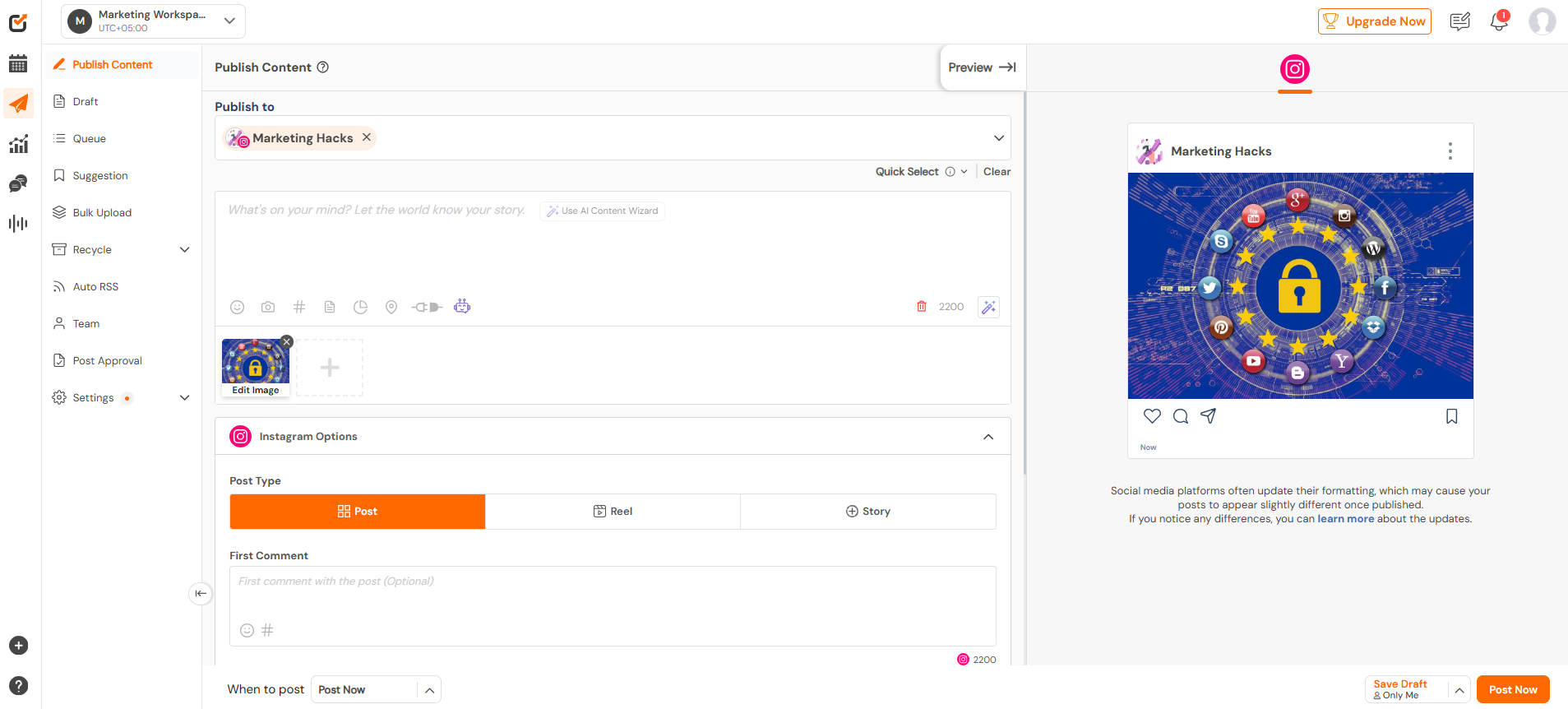
Social Champ’s Dashboard -
Buffer
Best for: Simplicity and clean interface
Buffer is ideal for entrepreneurs and small teams looking to schedule posts, analyze results, and manage multiple social channels easily.
It also offers a browser extension and mobile app for content curation.

Buffer’s Dashboard -
Hootsuite
Best for: Multi-account management and advanced reporting
Hootsuite supports everything from content planning and team collaboration to listening and analytics.
While this tool for small business marketing is more expensive, it offers powerful enterprise-grade features, great for growing small businesses.
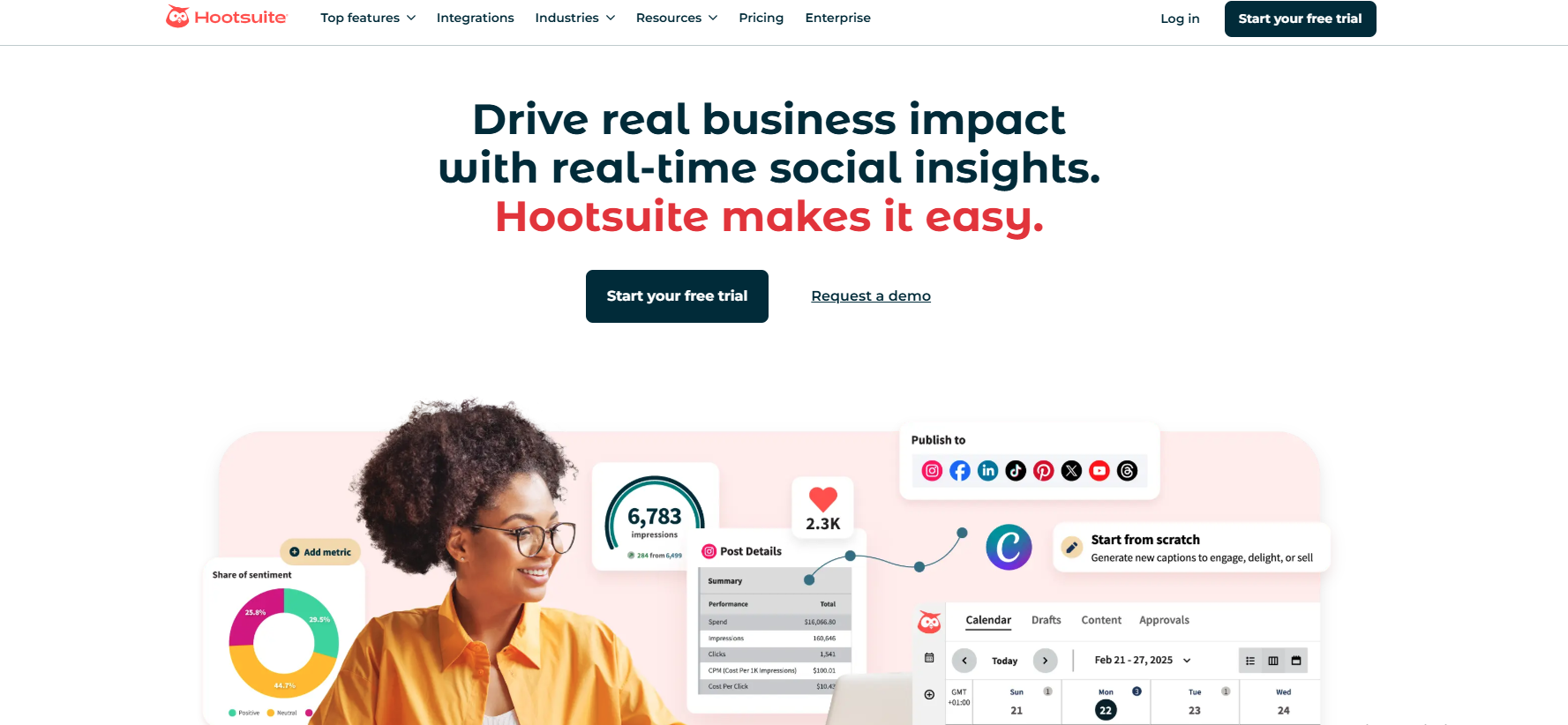
Hootsuite’s Landing Page -
Later
Best for: Visual planning and Instagram-first businesses
Later is known for its visual content calendar, link-in-bio tool, and support for Instagram, TikTok, Pinterest, and Facebook.
It’s especially helpful for businesses in e-commerce, fashion, or food.
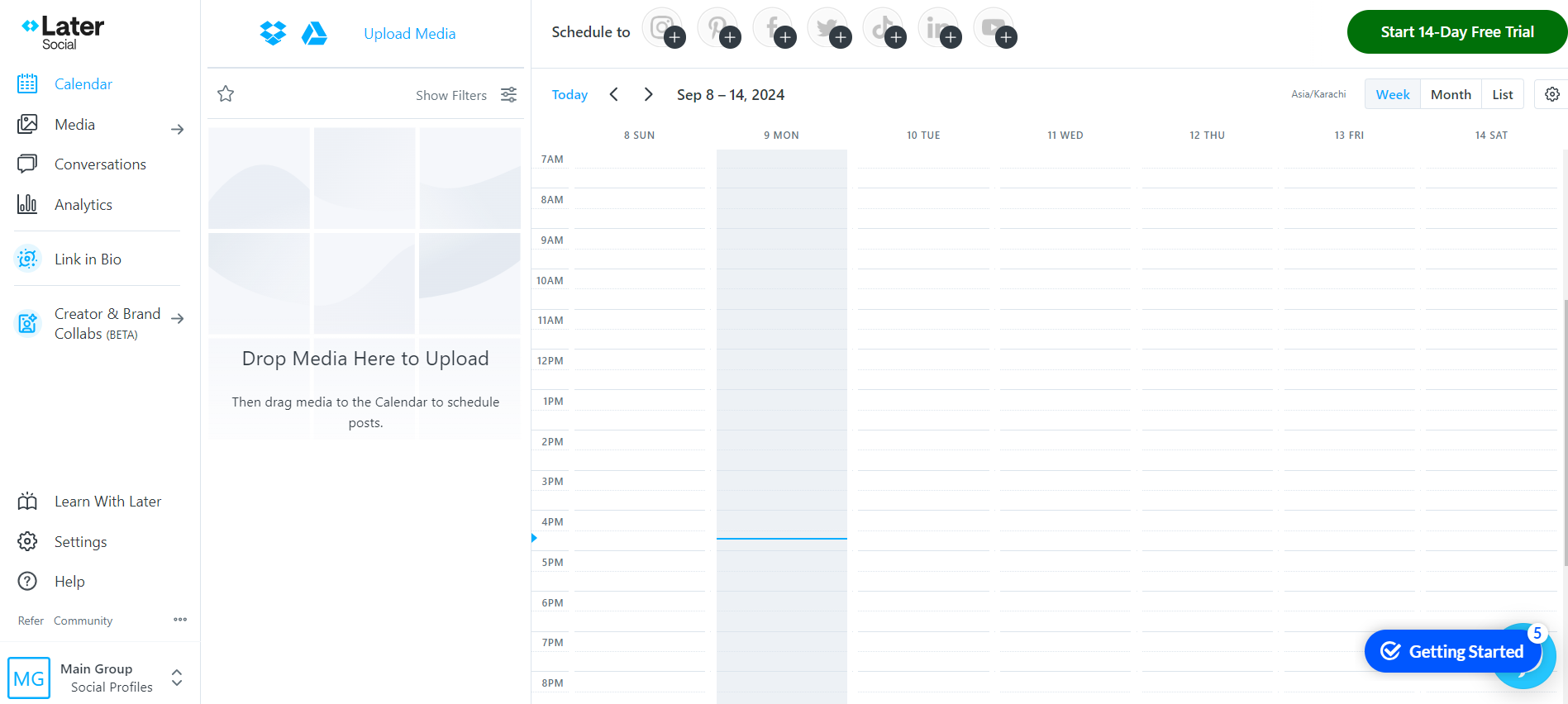
Later’s Dashboard -
Sprout Social
Best for: Full-suite social media management with in-depth analytics
Sprout Social combines publishing, scheduling, social listening, and analytics into a single, intuitive dashboard.
It’s especially useful for small businesses that want professional-grade features and team collaboration tools without switching between platforms.
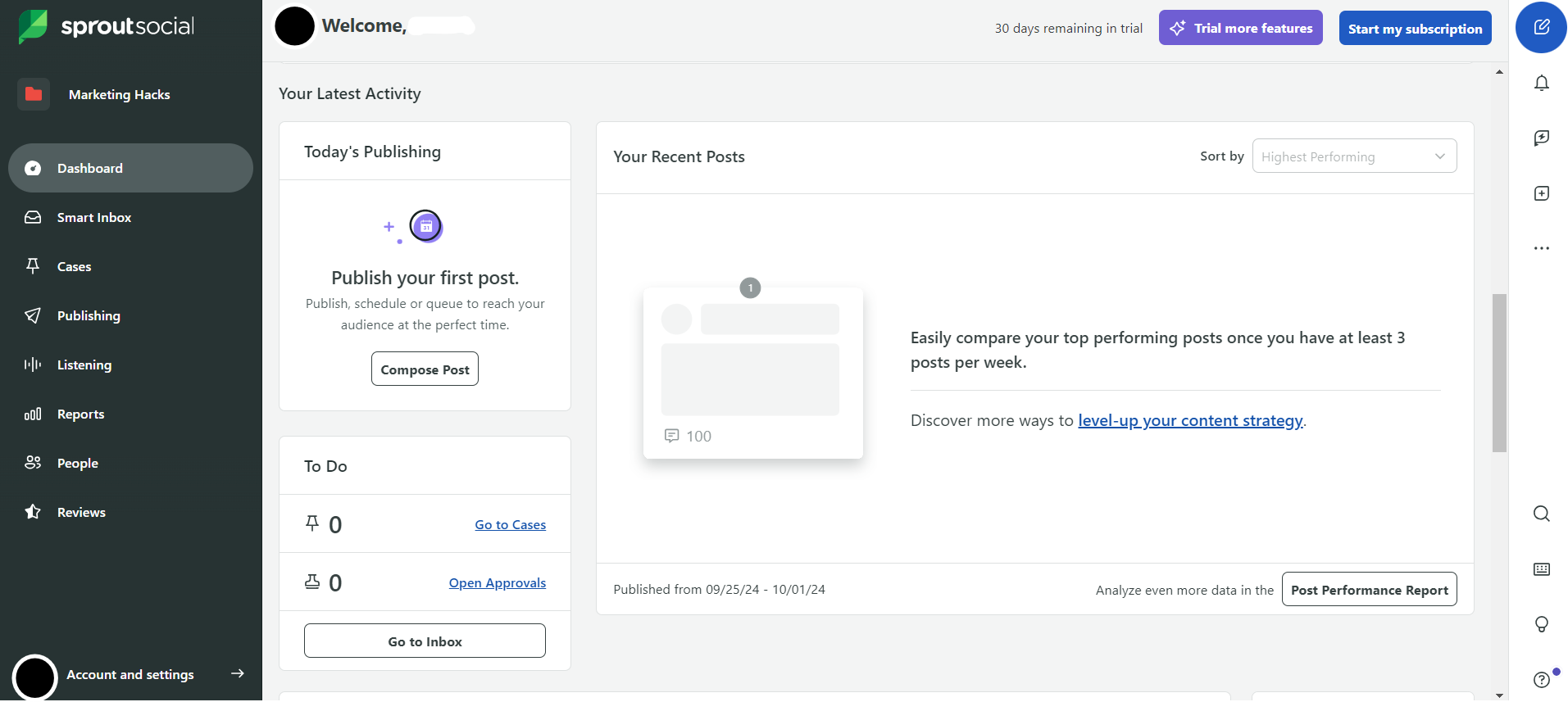
Sprout Social’s Dashboard Why Social Media Tools Are Game-Changers for Small Businesses
Tools for small business marketing don’t just save time, they improve performance by:
- Ensuring consistency, which is key to staying top of mind
- Helping you plan content with calendars and queues
- Providing performance analytics to understand what content works
- Allowing collaboration is beneficial if more than one person manages your content
- Offering trend insights, hashtag recommendations, and content repurposing features
With the right platform, even a one-person marketing team can look like a full agency.
Email Marketing Platforms to Nurture Customer Relationships
Despite the rise of social media, email marketing remains one of the most powerful tools for small business growth.
Email continues to deliver unmatched ROI, averaging $36 for every $1 spent, according to Litmus.
Whether you’re nurturing leads, sending promotions, or welcoming new customers, email helps you stay top-of-mind and drive conversions.
But to truly succeed with email, you need the right platform: one that offers automation, personalization, segmentation, and reporting without overwhelming your workflow or your budget.
Here are the best email marketing tools for small businesses this year:
-
Mailchimp
Best for: Beginners and small businesses getting started with email
Mailchimp is one of the most popular email platforms thanks to its drag-and-drop builder, pre-made templates, and user-friendly automation.
It also offers audience segmentation, A/B testing, and performance analytics. It’s free for up to 500 subscribers, making it a great entry point.
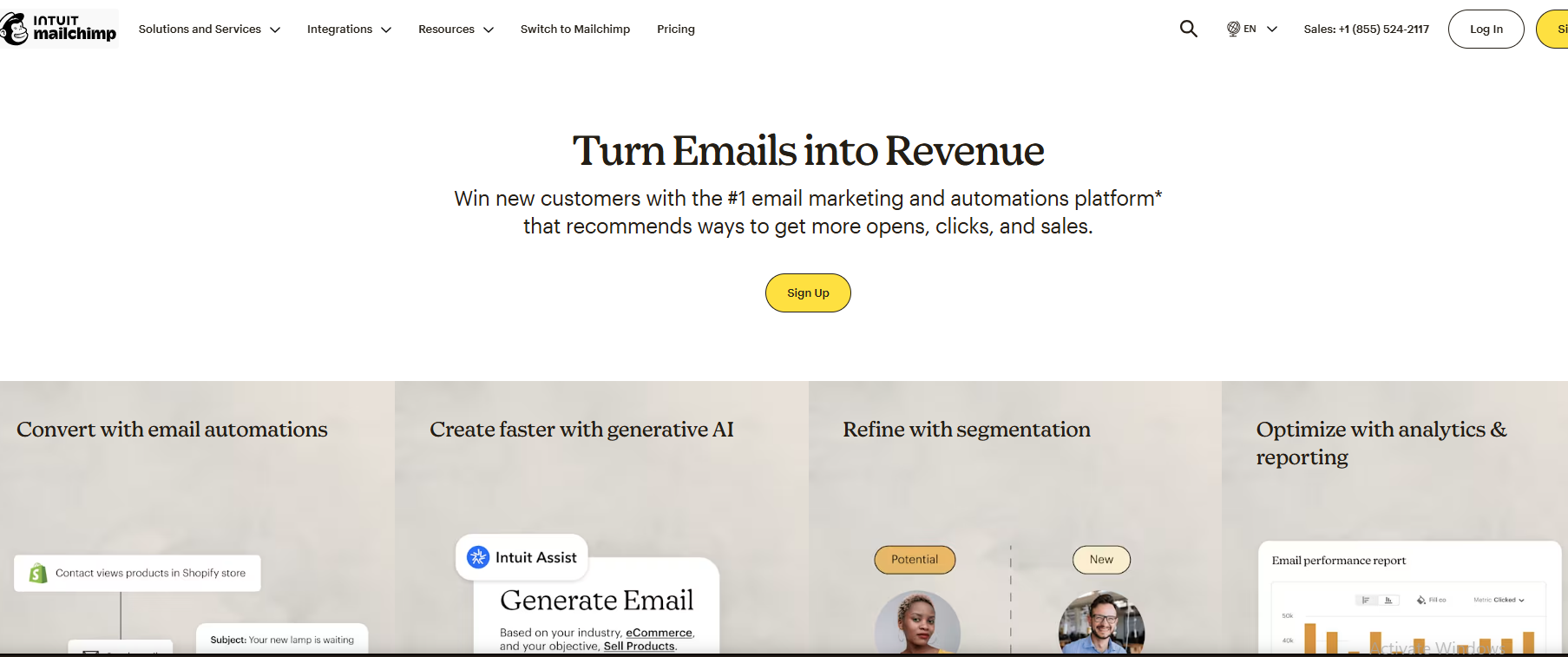
MailChimp’s Landing Page -
ConvertKit
Best for: Creators and personal brands with email funnels
ConvertKit focuses on simplicity and automation.
It allows small businesses to create visual email sequences, tag subscribers by behavior, and build landing pages. Great for coaches, freelancers, and content-driven brands.

ConverKit’s Landing Page -
MailerLite
Best for: Cost-effective automation and clean UI
MailerLite offers everything a small business needs: email templates, autoresponders, pop-ups, surveys, and even a free landing page builder.
It’s free plan includes up to 1,000 subscribers with automation.
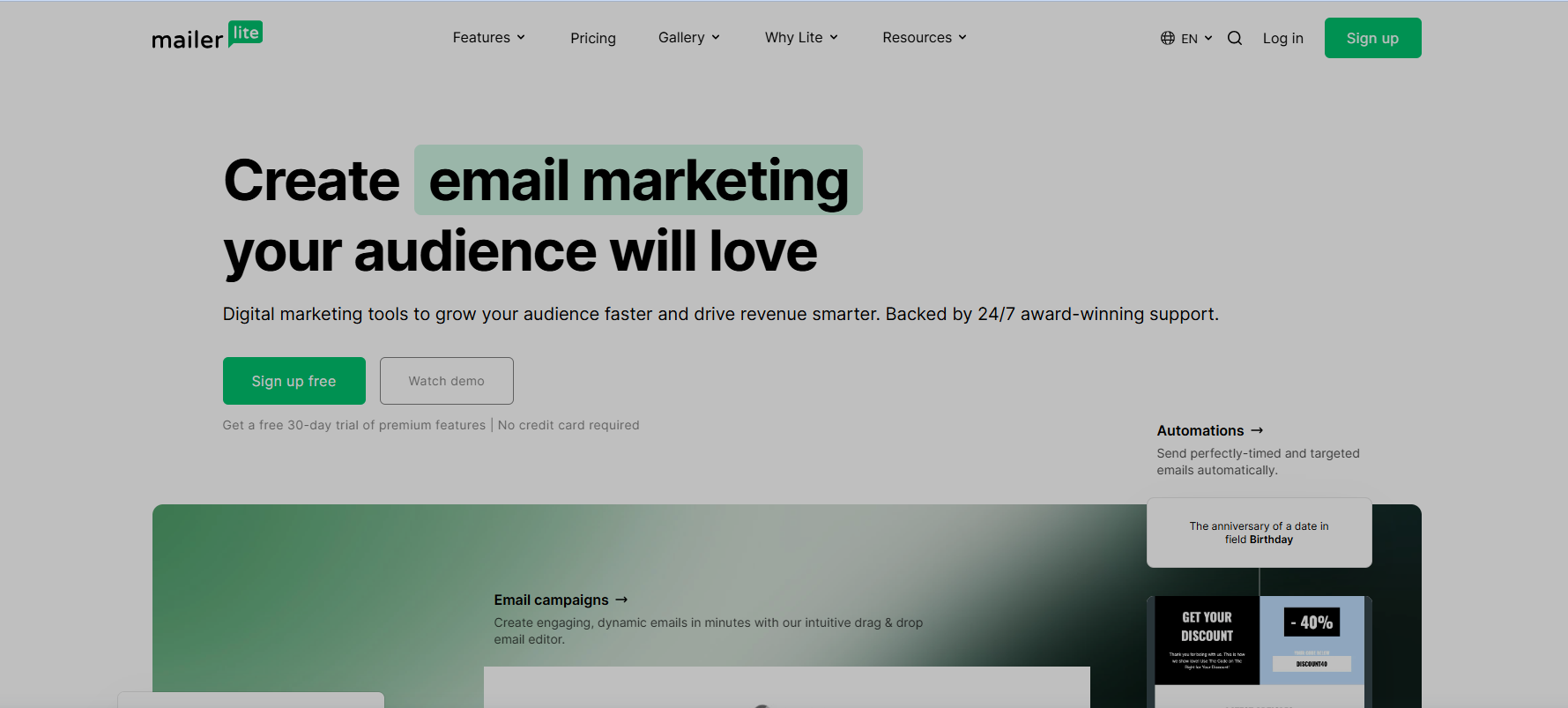
MailerLite’s Landing Page -
Moosend
Best for: Affordable email marketing with advanced features
Moosend offers real-time analytics, list segmentation, drag-and-drop design, and workflow automation at one of the lowest price points on the market.
It’s great for small teams looking for premium tools without the enterprise cost.
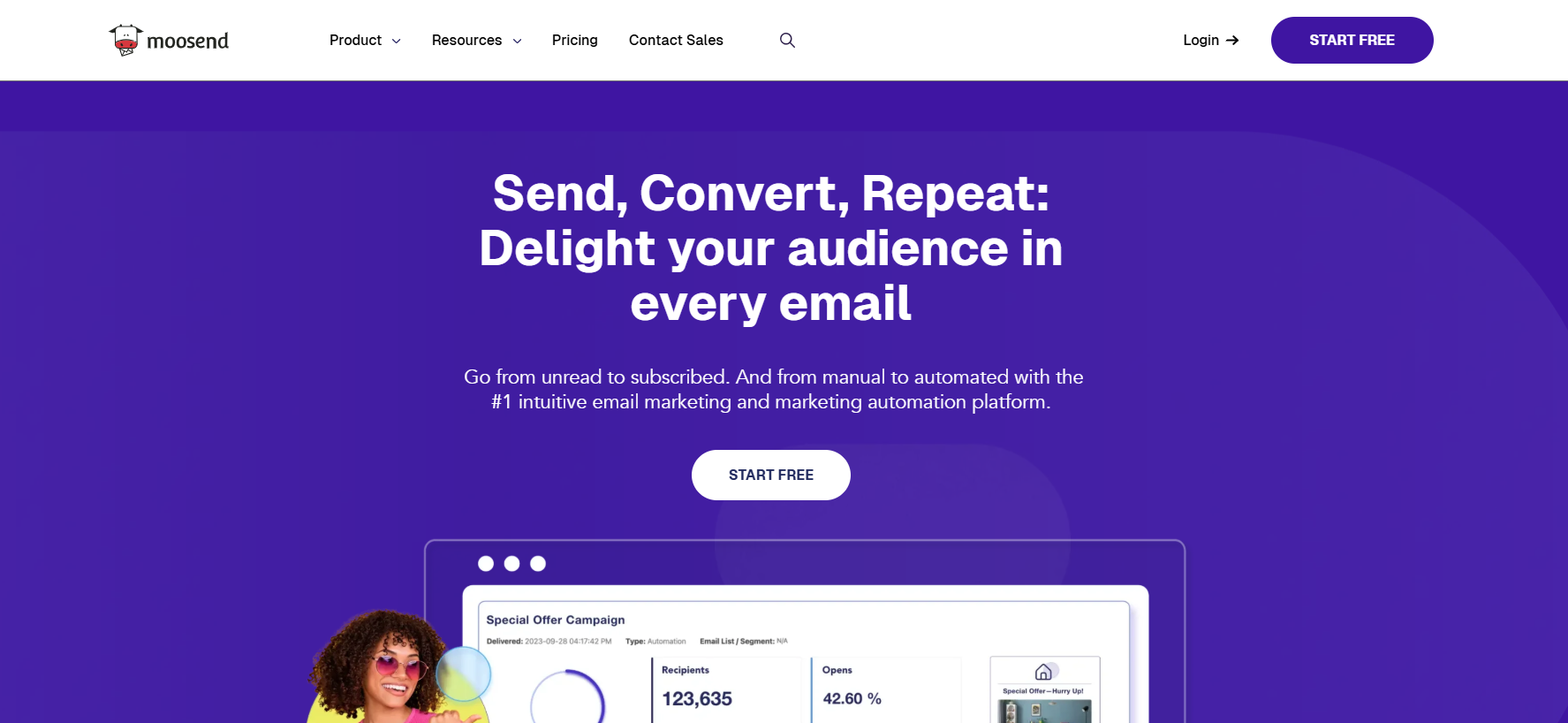
Moosend’s Landing Page -
Constant Contact
Best for: Reliable deliverability and phone support
Constant Contact is a long-standing platform that offers robust email tools, event registration, surveys, and automation, all supported by strong customer service.
Ideal for small businesses that value hands-on assistance.
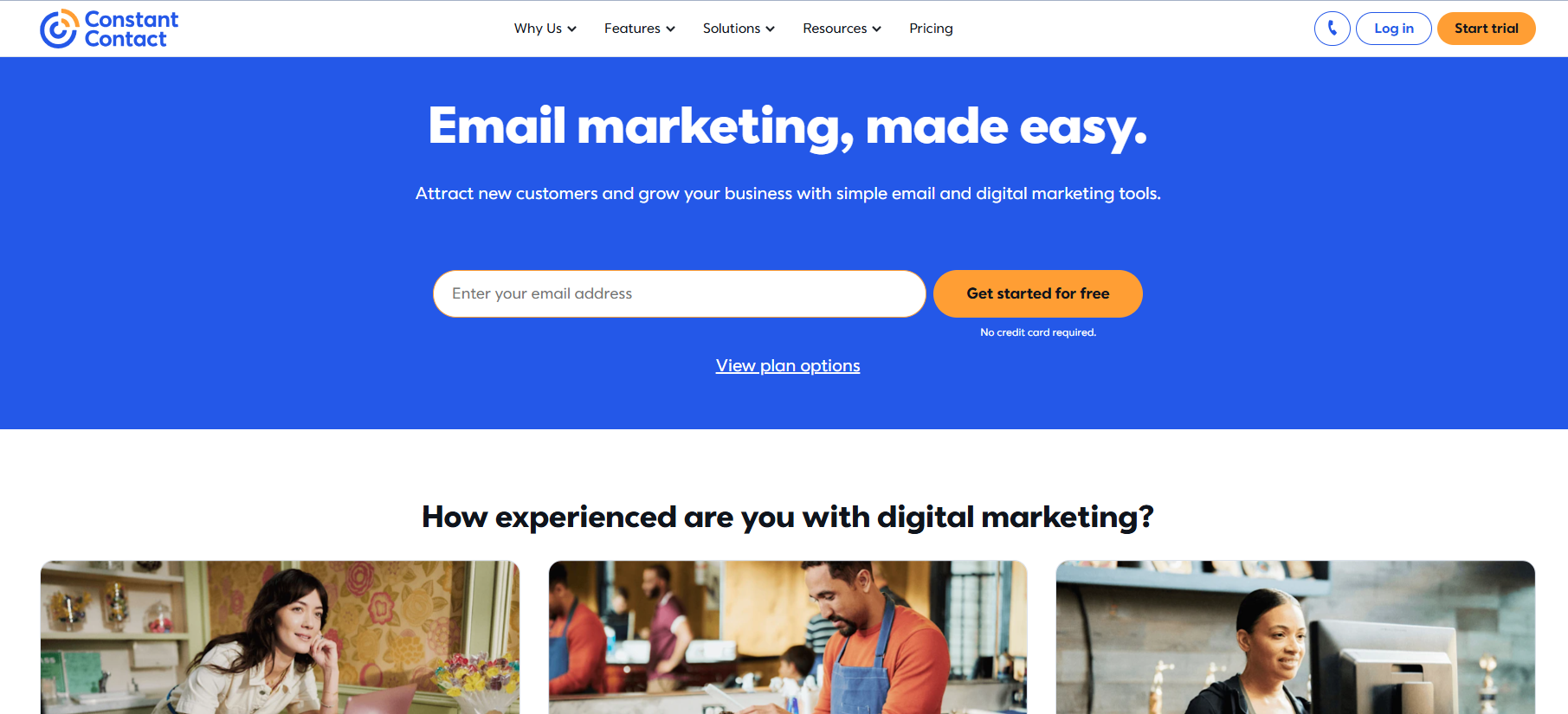
Constant Contact’s Landing Page Why Email Marketing Still Works in 2025
Email remains a core pillar of small business marketing for a reason:
- It gives you direct access to your audience with no algorithms in the way
- It allows for personalization and segmentation based on behavior, interest, and location
- It’s a low-cost way to build loyalty, promote offers, and keep customers informed
- It delivers high engagement, especially when paired with good design and copy
- It integrates with your website, store, and CRM, helping you automate more with less effort
When done right, email is your 24/7 salesperson, building trust and driving conversions in the background while you focus on growing your business.
CTA
Social Without Stress? Meet Social Champ.From Instagram carousels to TikTok videos, manage all formats with ease. Social Champ keeps your content calendar full and your mind clear.
SEO and Content Marketing Tools for Enhanced Visibility
Top SEO Tools for Small Businesses
Search engine optimization (SEO) and content marketing are long-term growth drivers for small businesses.
With more people using voice search, AI-powered answers, and localized queries, visibility on platforms like Google is more competitive than ever.
That’s why using the right SEO and content tools for small businesses is essential.
Whether you’re writing blog posts, optimizing product pages, or building backlinks, the tools below help you get discovered, rank higher, and drive more qualified traffic to your website without relying solely on paid ads.
-
Ahrefs
Best for: Comprehensive SEO audits, competitor research, and backlink tracking
Ahrefs is one of the most powerful SEO tools available.
It offers keyword explorers, rank trackers, and an in-depth backlink database, enabling small businesses to identify SEO gaps and effectively monitor their competitors.

Ahrefs’ Landing Page -
SEMrush
Best for: All-in-one SEO and content strategy
SEMrush includes keyword research, site audits, content ideas, and traffic analytics.
It’s ideal for small businesses building a blog or targeting search traffic with structured content.
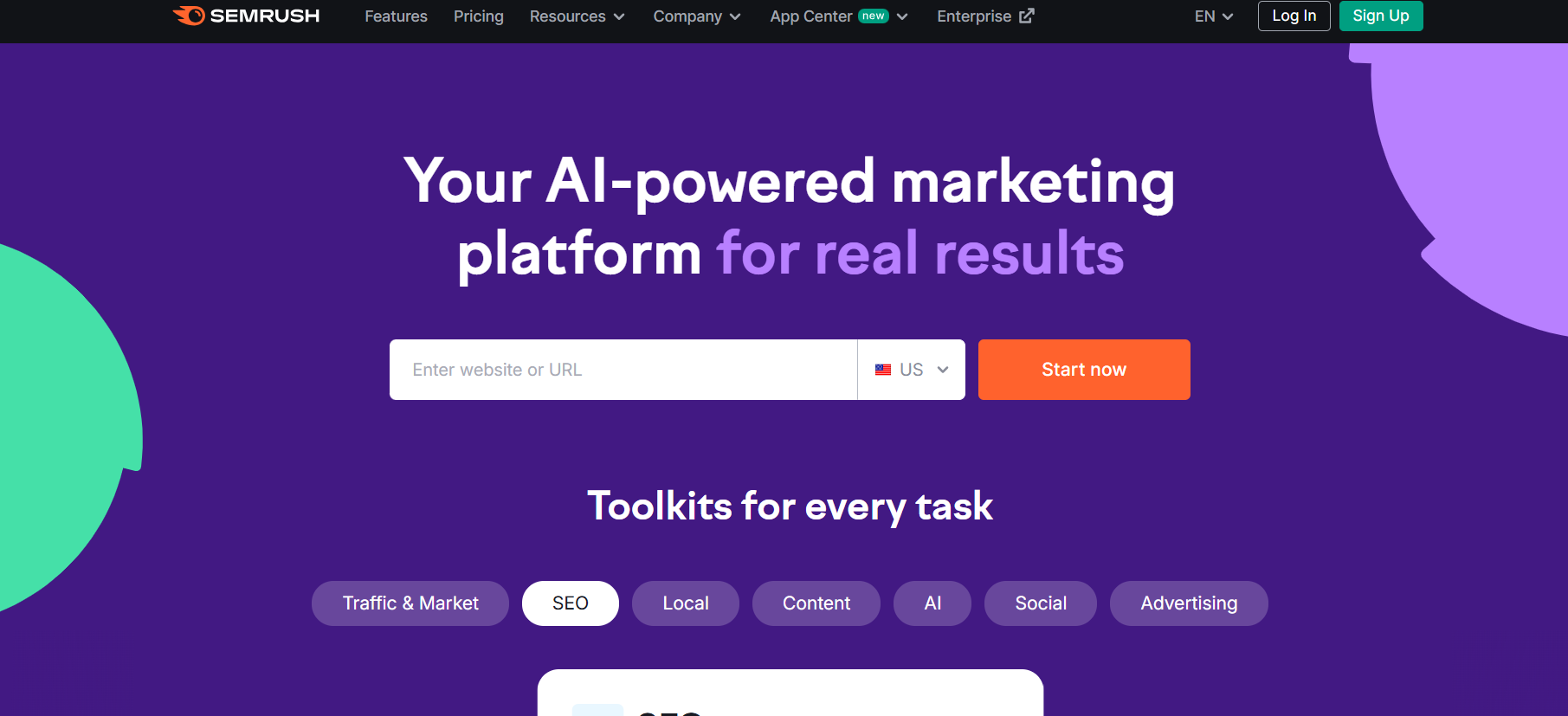
SEMrush’s Landing Page -
Ubersuggest
Best for: Affordable keyword research and beginner-friendly SEO insights
Created by Neil Patel, Ubersuggest is a simplified version of bigger SEO platforms.
It includes keyword volume, SERP analysis, backlink data, and content suggestions at a very accessible price point.
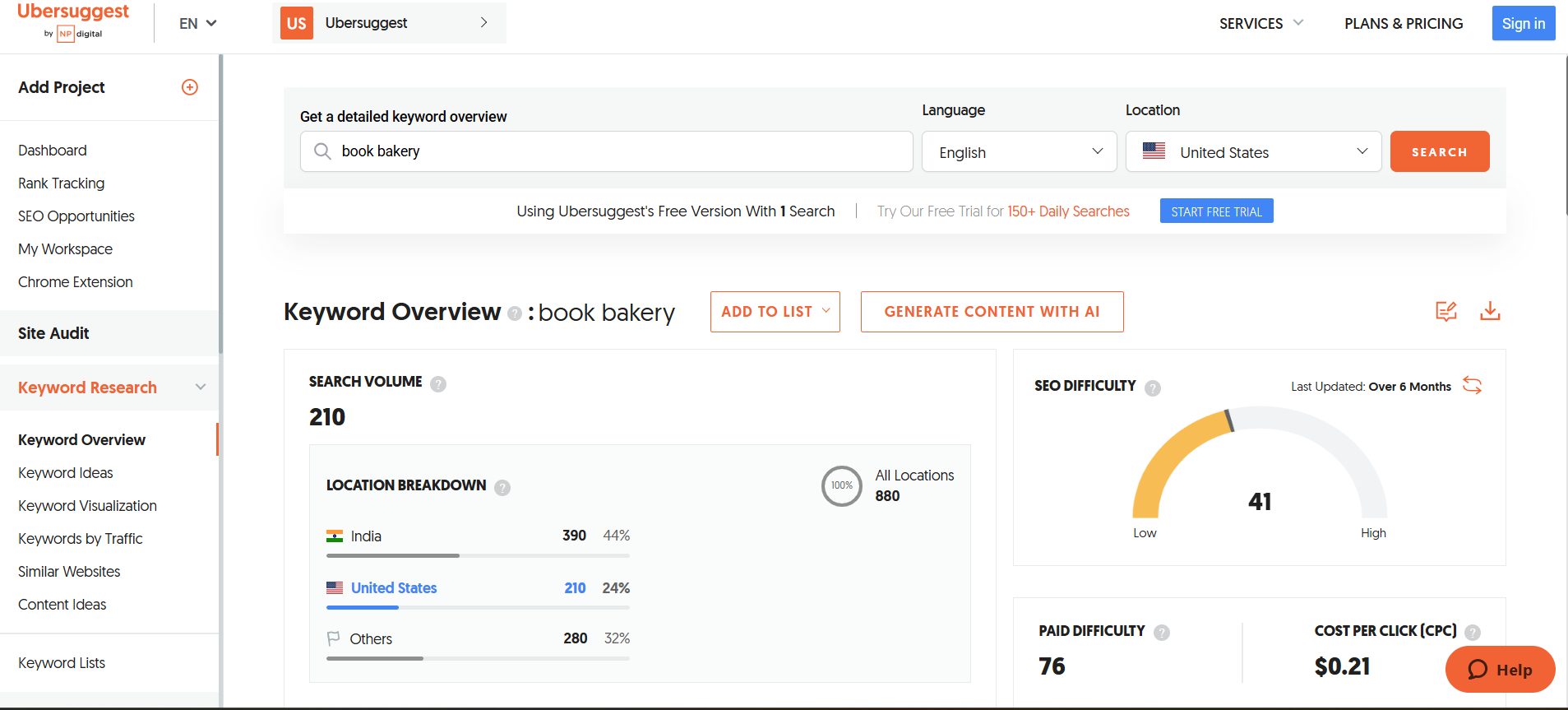
Ubersuggest’s Dashboard -
Yoast SEO
Best for: On-page SEO optimization in WordPress
Yoast is a plugin that helps you optimize titles, meta descriptions, and keyword density as you write blog content.
It offers real-time feedback, readability checks, and automatic XML sitemap generation.
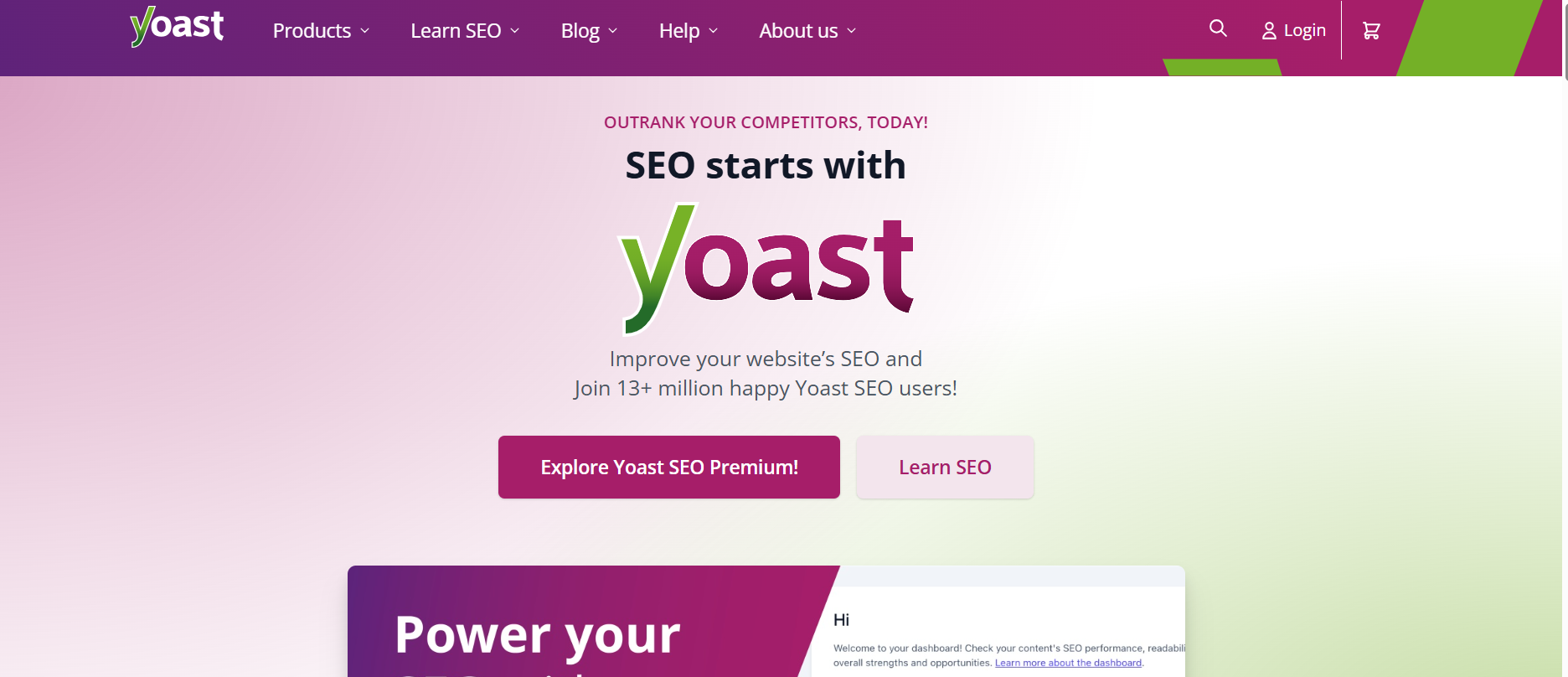
Yoast SEO’s Landing Page -
Surfer SEO
Best for: Writing data-driven, SEO-optimized blog posts
Surfer SEO analyzes top-ranking pages in your niche and provides a content score based on keyword use, length, headings, and structure.
It integrates with Google Docs and helps you create articles that are more likely to rank.
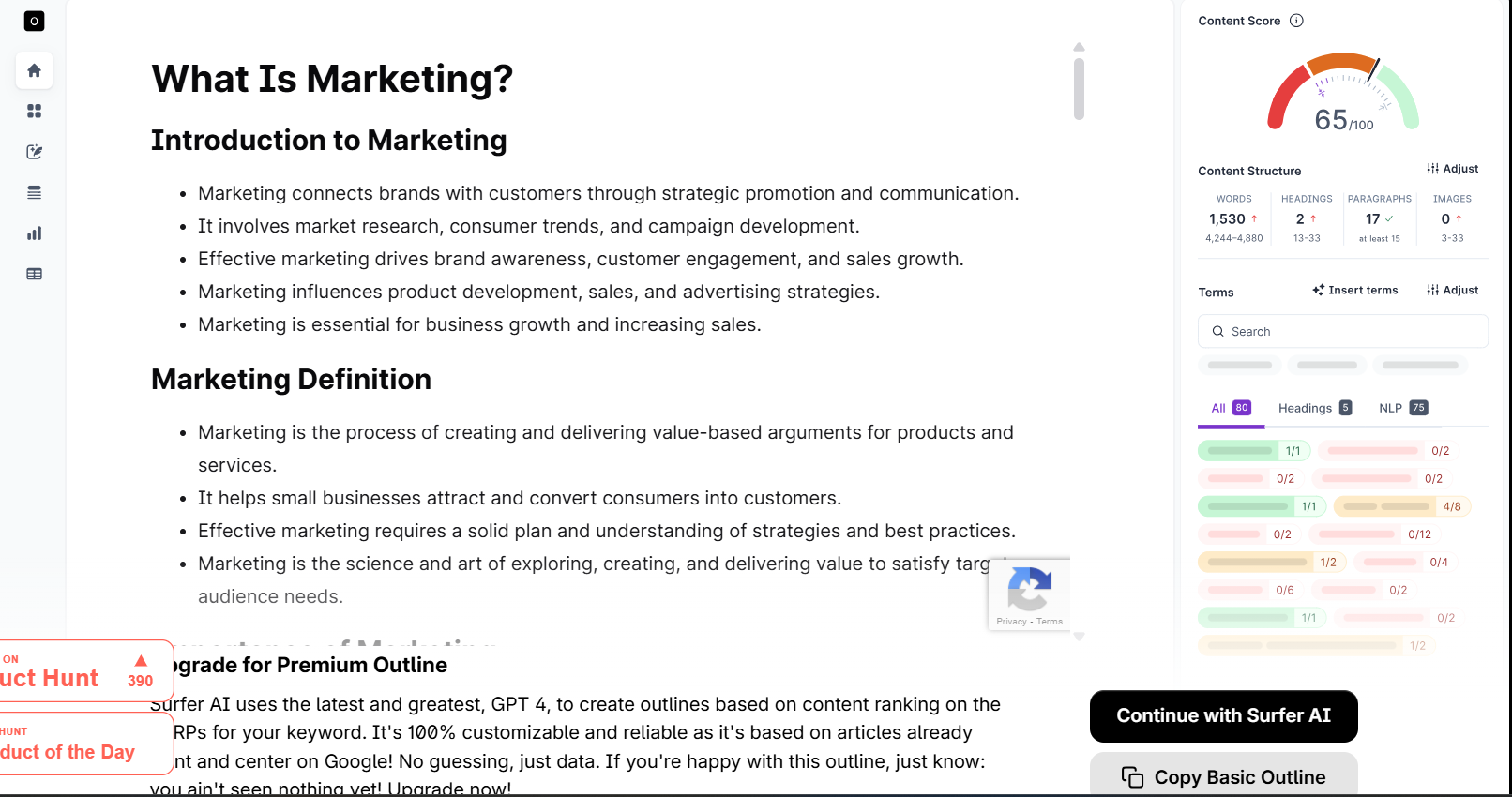
Surfer SEO’s Dashboard -
AnswerThePublic
Best for: Identifying real search questions and content ideas
AnswerThePublic pulls search engine autocomplete data to show what users are searching for related to your topic.
It’s especially helpful for building FAQs, blog posts, and YouTube video scripts.
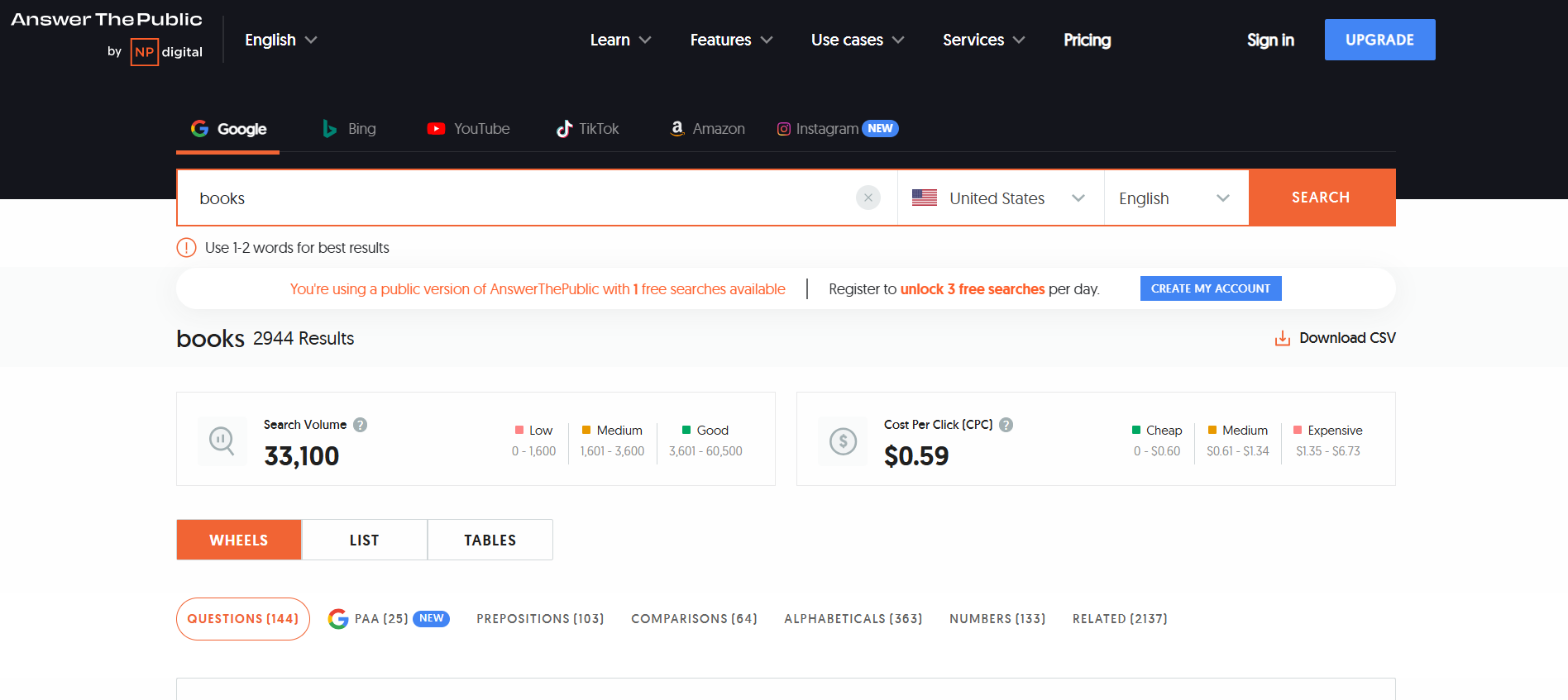
AnswerThePublic’s Landing Page Top Content Creation Tools for Small Businesses
For small businesses, content creation isn’t just about publishing—it’s about creating scroll-stopping, search-optimized, and conversion-focused assets that serve a purpose.
Whether you’re posting to social media, launching a blog, or building email campaigns, the right tools can help you maintain consistency, elevate quality, and scale production without hiring a large team.
Below are some of the best content creation tools tailored for small businesses aiming to make a big impact.
-
Canva
Best for: Quick, professional-quality visual content creation
Canva makes it easy for anyone to design social media graphics, presentations, blog visuals, and marketing materials—even with zero design experience.
With drag-and-drop functionality, a library of templates, and brand kit features, it’s a go-to for small businesses looking to create on-brand content fast.
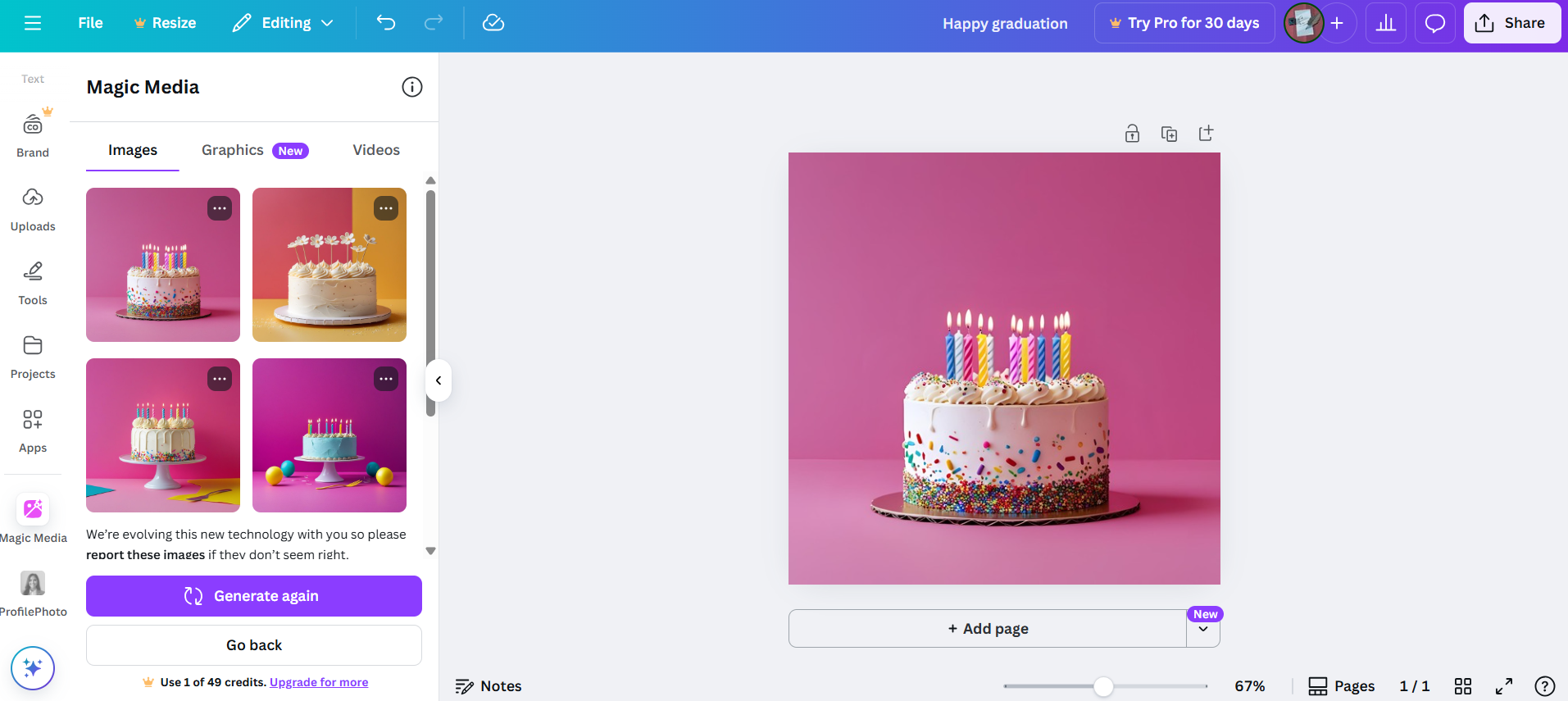
Canva’s Dashboard -
Grammarly
Best for: Grammar, clarity, and tone refinement in content
Grammarly doesn’t just help you with basic spell or grammar checks.
It offers AI-powered suggestions to enhance readability, tone, and clarity, which are essential for businesses producing web content, newsletters, and professional emails.
The premium version includes style recommendations and plagiarism checks.

Grammarly’s Dashboard -
Lumen5
Best for: Turning blog posts into engaging videos
Lumen5 helps small businesses repurpose written content into short, branded videos ideal for social media.
You can paste a blog link, and the tool will auto-generate scenes and text overlays using AI, saving time on video production while expanding your content formats.
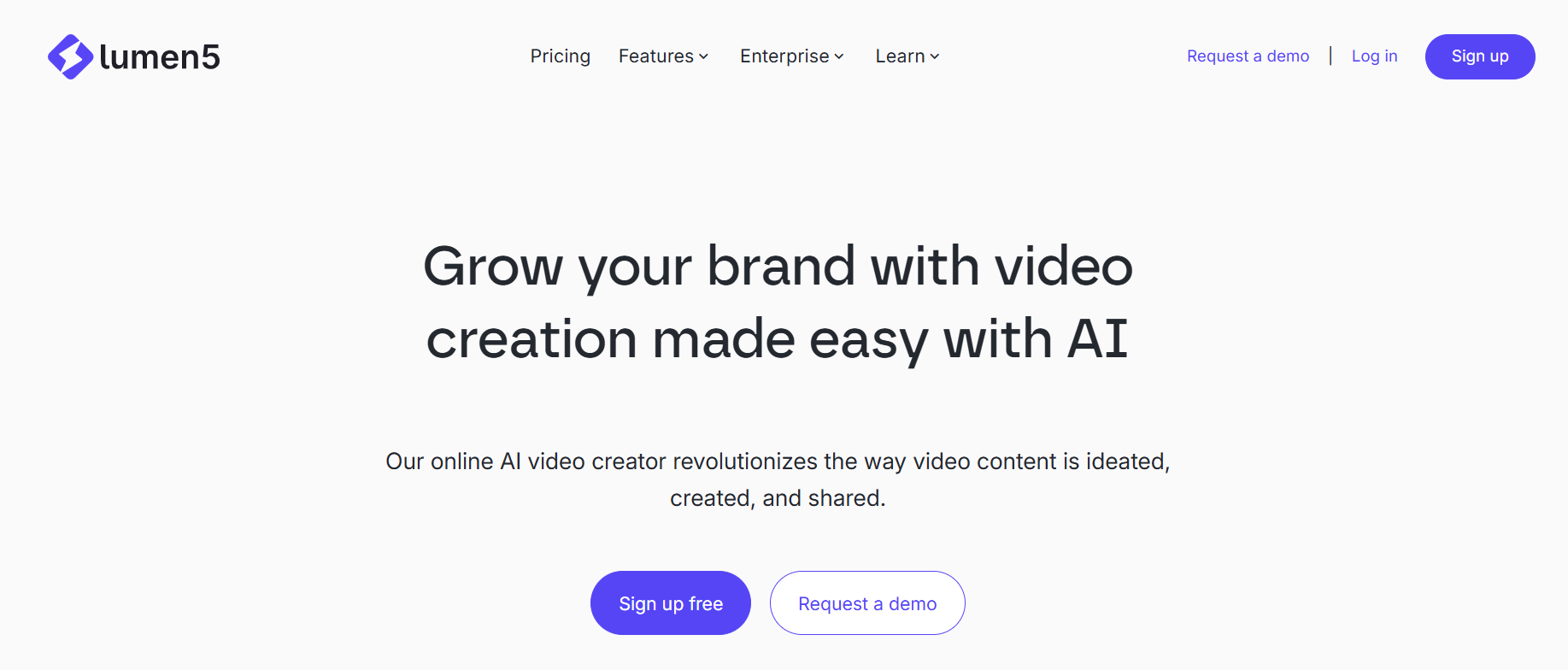
Lumen5’s Landing Page -
Jasper (formerly Jarvis)
Best for: AI-assisted content writing at scale
Jasper uses GPT-based AI to generate marketing copy, blog posts, product descriptions, and email templates.
It’s especially useful for small teams that need to scale up their output without hiring additional writers.
It also includes templates for specific use cases, like AIDA, PAS, or feature-benefit formats.
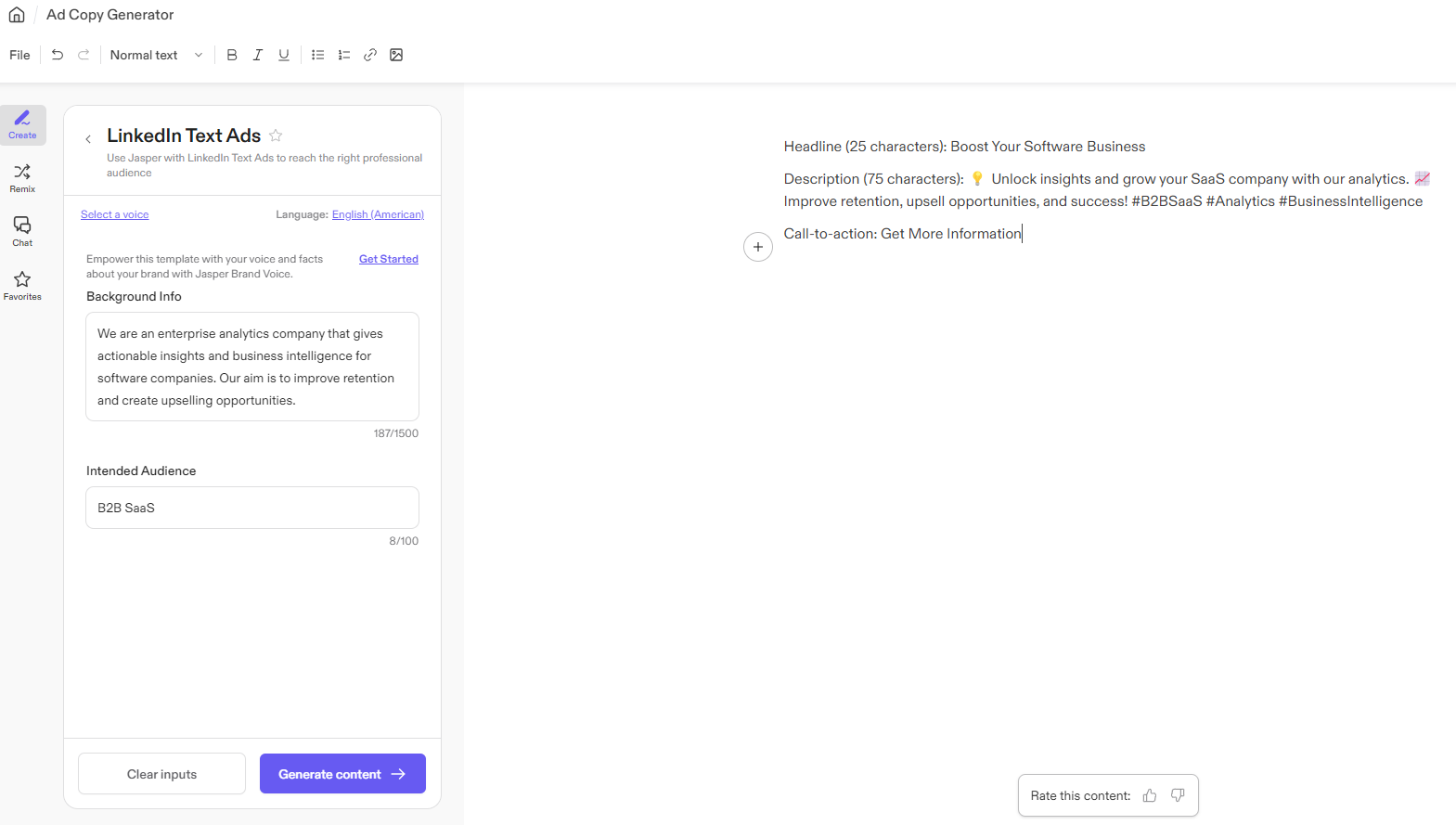
Jasper AI’s Dashboard -
Notion AI
Best for: Collaborative content planning and AI-assisted ideation
Notion AI combines workspace organization with generative writing capabilities.
Small teams can use it to brainstorm content ideas, create outlines, draft articles, and manage calendars—all within a single platform that supports real-time collaboration.
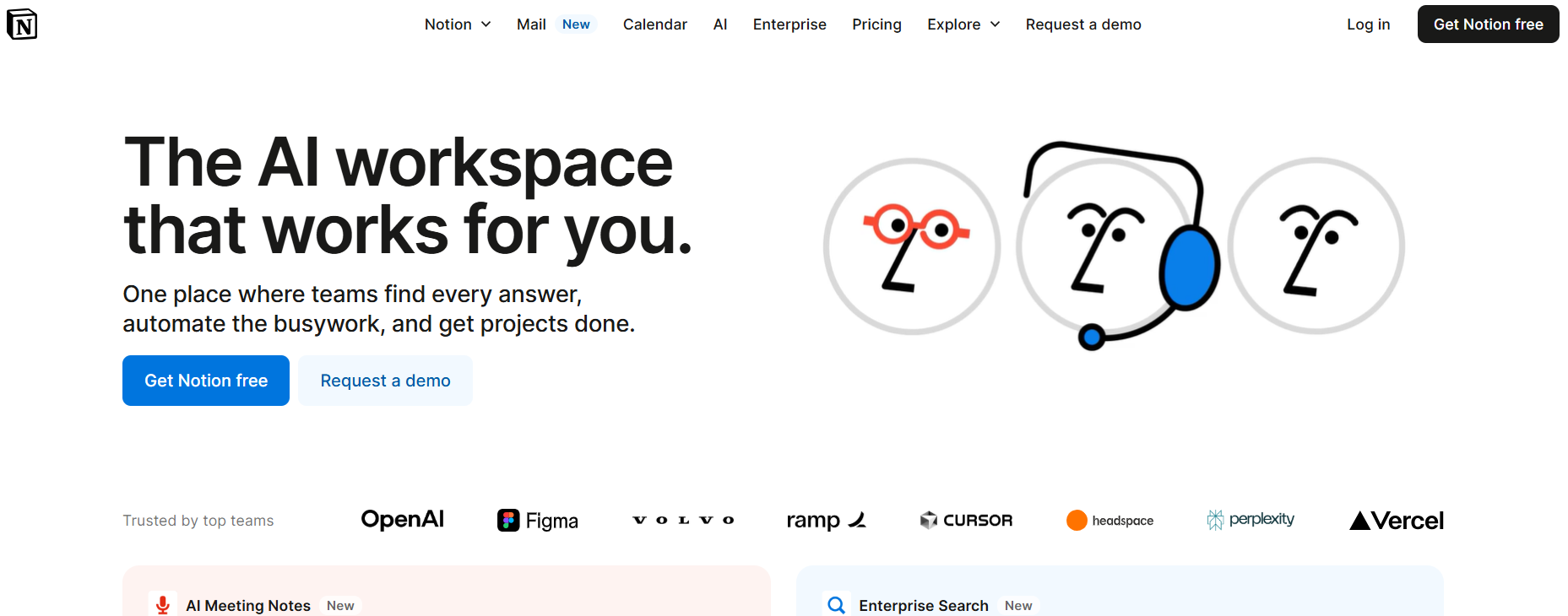
Notion AI’s Landing Page -
Piktochart
Best for: Creating infographics and data visuals without a designer
Piktochart enables small businesses to visualize survey results, business stats, or marketing reports through infographics and slide decks.
Its drag-and-drop interface and templates make it easier to turn raw data into compelling, shareable content.
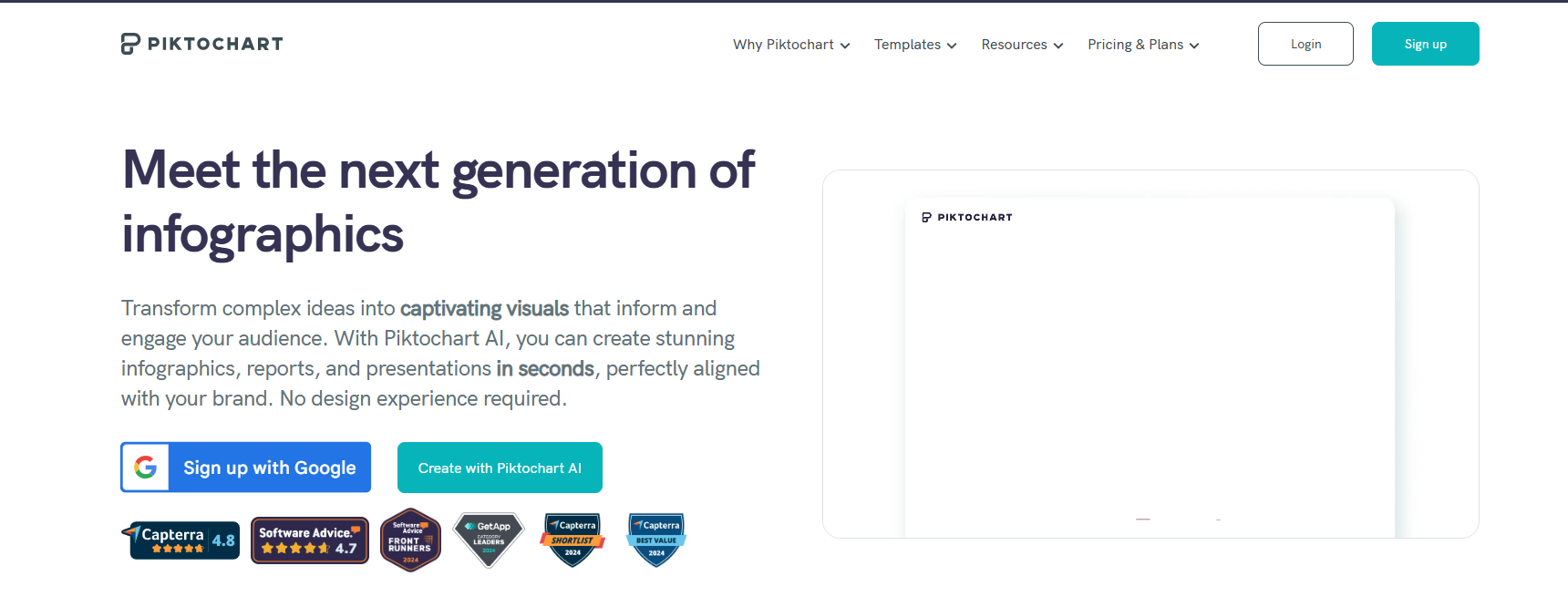
Piktochart’s Landing Page Why These Tools Matter?
Content marketing remains one of the lowest-cost, highest-return strategies for small businesses, but only when done with SEO in mind.
These tools:
- Help you target the right keywords and answer the right questions
- Ensure your content is optimized before you hit publish
- Provide competitive insights into what others in your space are doing
- Guide you in building a long-term content strategy that converts
Whether you’re just starting your SEO journey or looking to scale your organic traffic, these tools simplify the process and help your content actually get seen.
Featured Article: Is Hypefury Pricing Justified? Here’s What You’re Really Paying For
Analytics and Reporting Tools to Measure Success
Marketing without measurement is just guesswork.
If you’re not tracking your performance, you’re missing out on opportunities to improve your content, optimize campaigns, and increase ROI.
Every small business, no matter the size, needs at least one analytics or reporting tool in its marketing stack.
These tools help you understand what’s working, what’s not, and where to invest your time and budget for the biggest impact.
From website traffic to conversion funnels to customer behavior, insights are what turn actions into strategy.
Here are the best analytics tools for small business marketing:
-
Google Analytics 4 (GA4)
Best for: Tracking website performance and user behavior
GA4 is the latest version of Google’s free analytics platform.
It tracks user journeys, conversions, traffic sources, engagement, bounce rates, and more across both websites and apps.
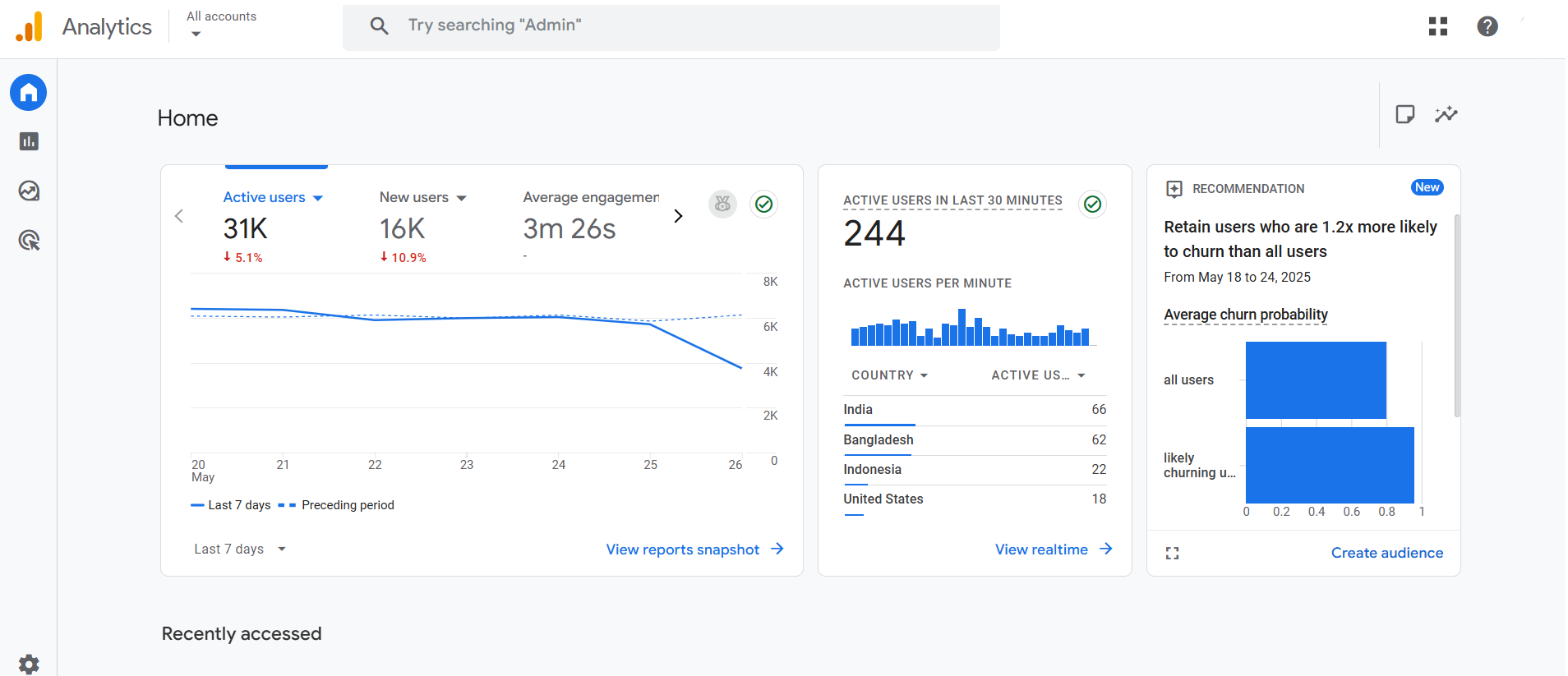
Google Analytics’ Dashboard -
Hotjar
Best for: Visual insights like heatmaps and session recordings
Hotjar shows you how users interact with your website by tracking clicks, scrolls, and movement.
You can watch real user sessions, identify friction points, and optimize your pages for a better user experience and conversions.
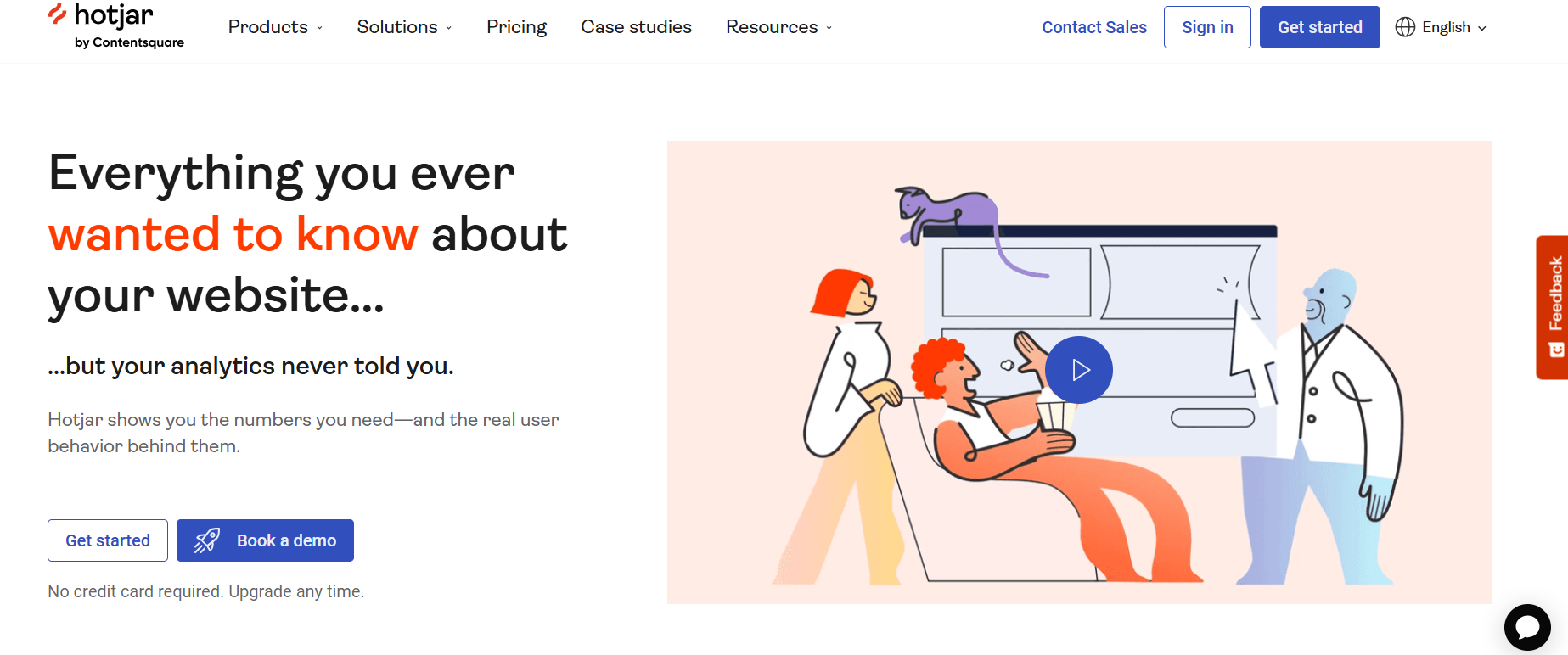
Hotjar’s Landing Page -
HubSpot Analytics
Best for: Integrated CRM and marketing analytics
If you’re using HubSpot for email, CRM, or content, their built-in analytics track lead sources, conversions, campaign performance, and customer journeys, all tied to individual contacts.
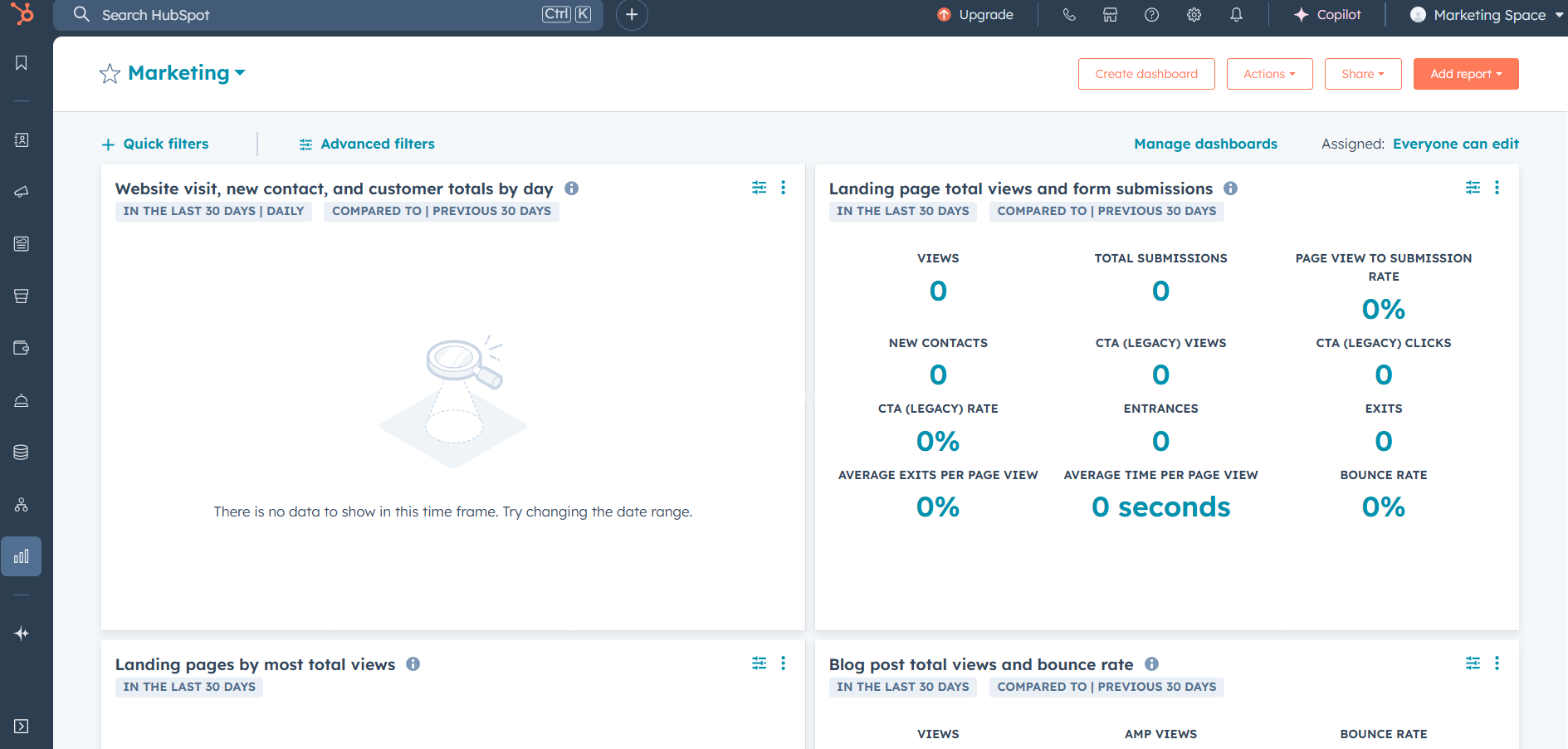
HubSpot’s Dashboard -
Funnel.io
Best for: Centralizing data from multiple marketing channels
Funnel.io pulls performance data from platforms such as Google Ads, Facebook, TikTok, Shopify, and more into a single dashboard.
Ideal for small businesses managing multiple ad platforms and sales channels.
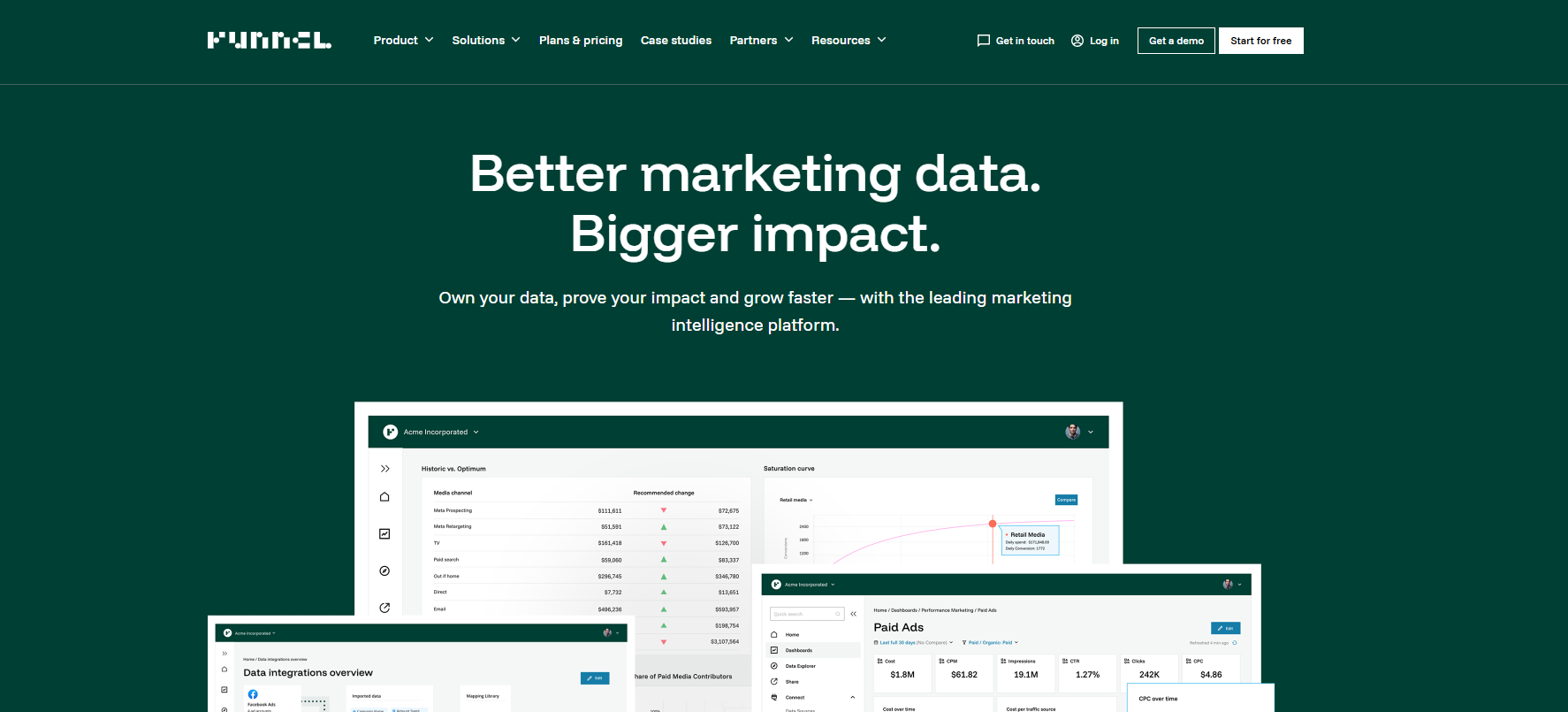
Funnel.io’s Landing Page -
Databox
Best for: Custom KPI dashboards and real-time reporting
Databox lets you build beautiful, shareable dashboards that pull in data from over 70+ marketing, sales, and analytics tools.
Great for visualizing campaign performance and sharing progress with stakeholders or clients.
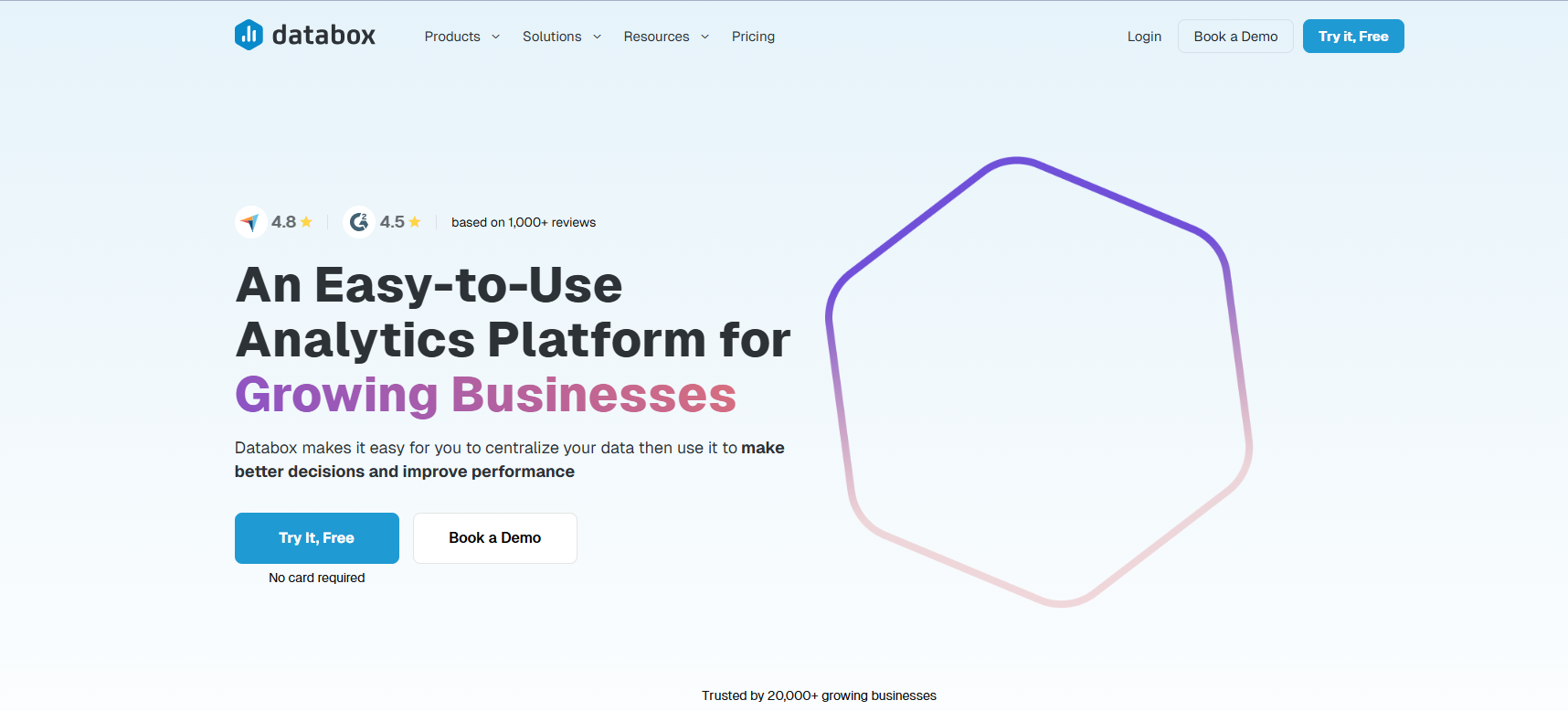
Databox’s Landing Page
Why Analytics Tools Are Essential for Small Businesses
- They help you measure what matters: leads, conversions, engagement, bounce rate, etc.
- You can identify your best-performing channels and stop wasting budget on what’s not working.
- They allow data-backed decisions, which means better marketing outcomes over time
- Most offer real-time insights, helping you pivot quickly and optimize in the moment.
- They help connect your tools, making your whole marketing stack more intelligent.
Even the most creative campaigns can fall flat without proper tracking. By using these analytics tools, you ensure your marketing is not just active, it’s effective.
Integrating Social Champ Into Your Marketing Strategy
When it comes to social media, consistency and efficiency are everything, especially for small businesses with limited time and budget.
That’s where Social Champ stands out.
Built for small teams, solopreneurs, growing brands, and large organizations, Social Champ is one of the top marketing tools for small businesses, enabling effective content management, engagement tracking, and workflow automation.
Unlike many tools that focus on just one platform or feature, Social Champ offers a centralized dashboard that supports all major social media networks, combining scheduling, analytics, collaboration, and even AI-powered tools.
Why Choose Social Champ?
- Easy to Use, Even for Non-marketers
You don’t need to be a social media expert to use Social Champ. Its clean, intuitive interface makes it simple to create, schedule, and track posts in just a few clicks. - Built for Modern PlatformsSocial Champ works with Facebook, Instagram, LinkedIn, TikTok, X (Twitter), Pinterest, Google Business Profile, YouTube, Threads, Bluesky, Mastodon, WhatsApp Business, and Google Analytics, making it a true multi-platform solution.
- Affordable for Small BusinessesIts pricing is highly competitive, offering more features at a lower cost than many legacy tools like Hootsuite or Sprout Social.
Standout Features
- Post Scheduling: Plan and automate content across all channels with a visual calendar, queue system, and bulk upload feature.
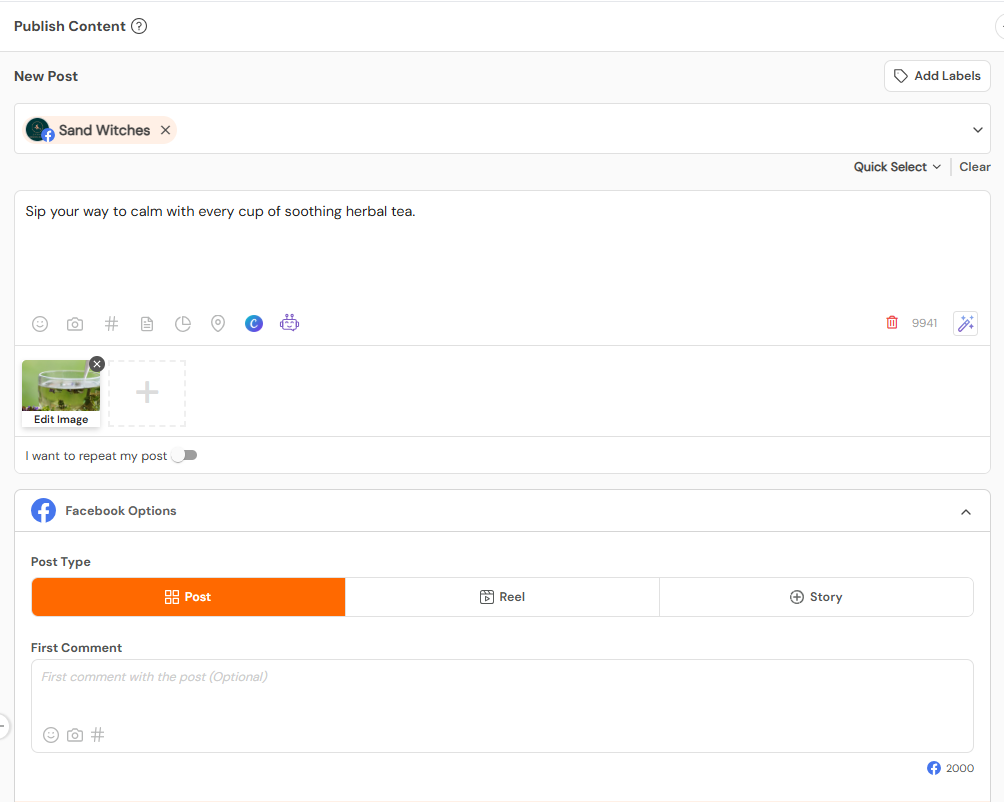
Social Champ’s Post Schedule Feature - AI-Powered Content Creation: The Champ AI Suite lets you generate captions and engaging visuals, and even suggests the best time to post, saving you time and enabling you to post smarter.
- Content Recycling: Automatically republish evergreen content on a schedule to keep your feed active and engaging.
- In-Depth Analytics: Track post performance, engagement metrics, and follower growth to see what’s working and what’s not.
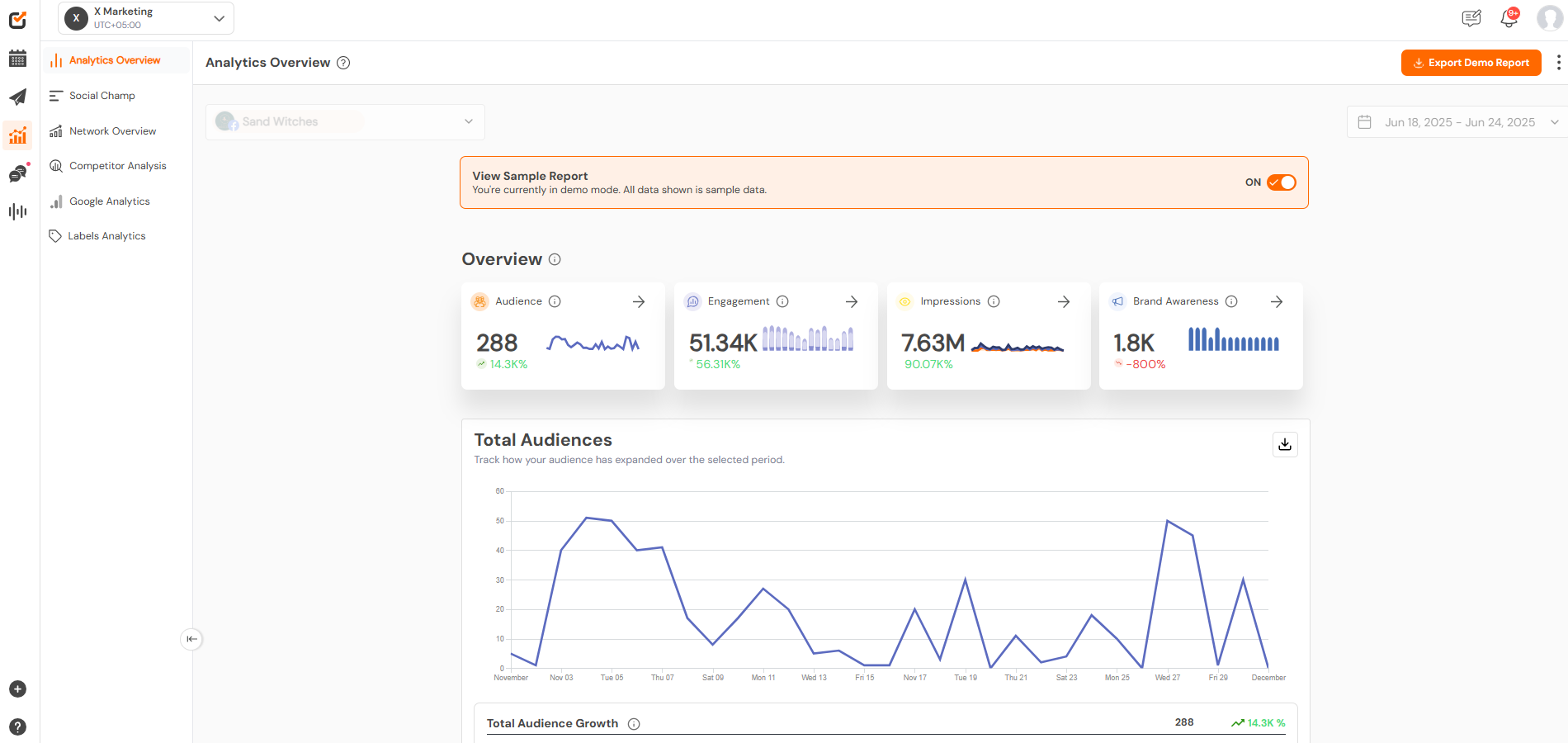
Social Champ’s Analytics - Team Collaboration: Assign roles, review posts, get approval workflows, and manage multiple brands or clients from one account.
- Hashtag Manager: Save and reuse sets of hashtags for specific campaigns, products, or topics to boost discoverability.
- Canva Integration: Design your posts inside Canva and schedule them directly in Social Champ without switching tools.
Who Is Social Champ Ideal For?
- Local businesses looking to stay consistent without hiring a full-time social media manager
- Solopreneurs and creators who want to grow a presence across multiple platforms
- Agencies that need to manage multiple clients and report on campaign performance
- eCommerce brands running seasonal campaigns and product launches
- Startups that want to automate social without paying enterprise prices
CTA
Want Analytics Without the Complexity?
Social Champ gives you digestible insights on what’s working and what’s not. Make smarter decisions backed by real-time performance data.
Conclusion
Today, small businesses can no longer afford to rely solely on manual work, guesswork, or outdated marketing tactics.
With the right tools for small business marketing, you can operate smarter, streamline your workflows, and compete more effectively.
The 27 marketing tools we’ve explored in this guide are designed to give small businesses a significant edge.
They help you automate repetitive tasks, reach broader audiences through SEO, email, and social media, and make more informed decisions backed by real-time analytics.
Whether you’re leveraging free, beginner-friendly solutions like MailerLite and Ubersuggest or investing in robust, all-in-one platforms like Social Champ, every tool on this list is selected for its ability to make marketing more efficient, measurable, and impactful.
If you’re ready to simplify your workflow, increase your online visibility, and achieve better marketing outcomes, start by choosing three to five tools that align with your goals.
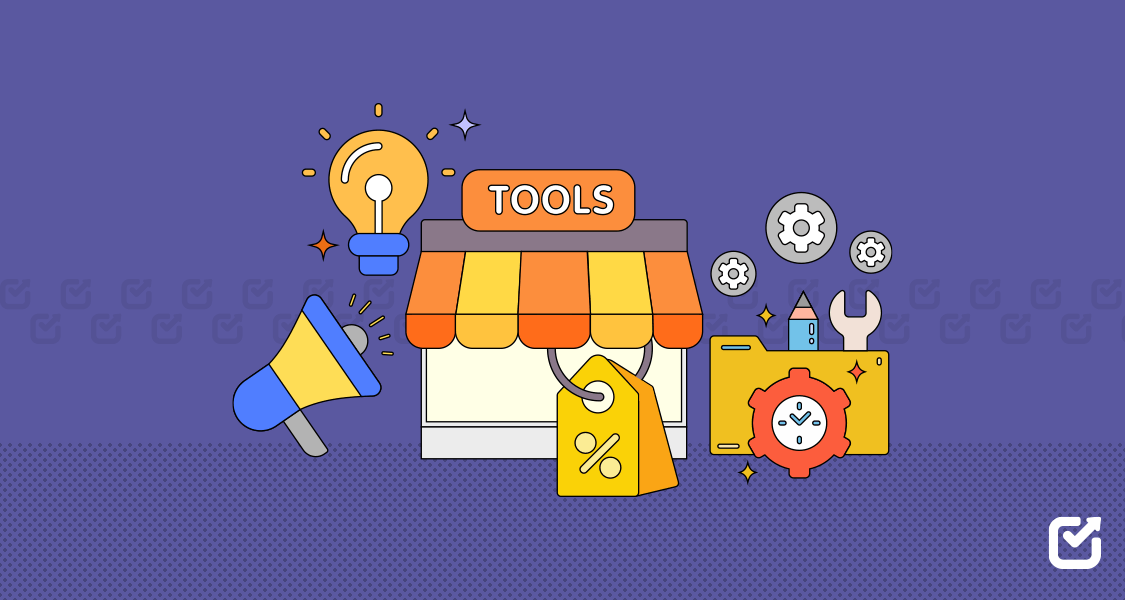
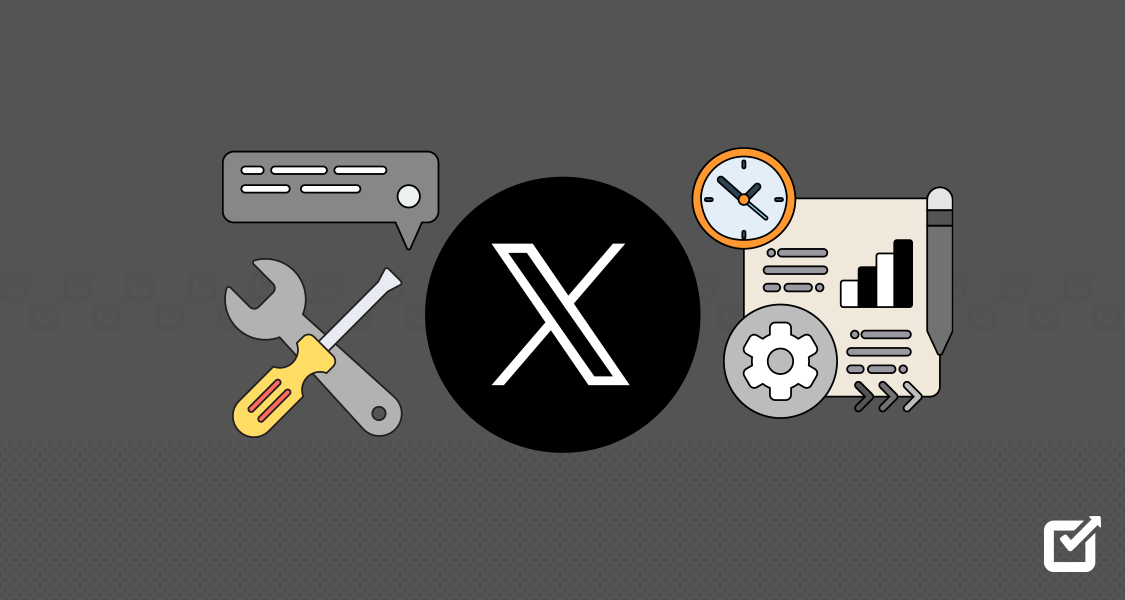

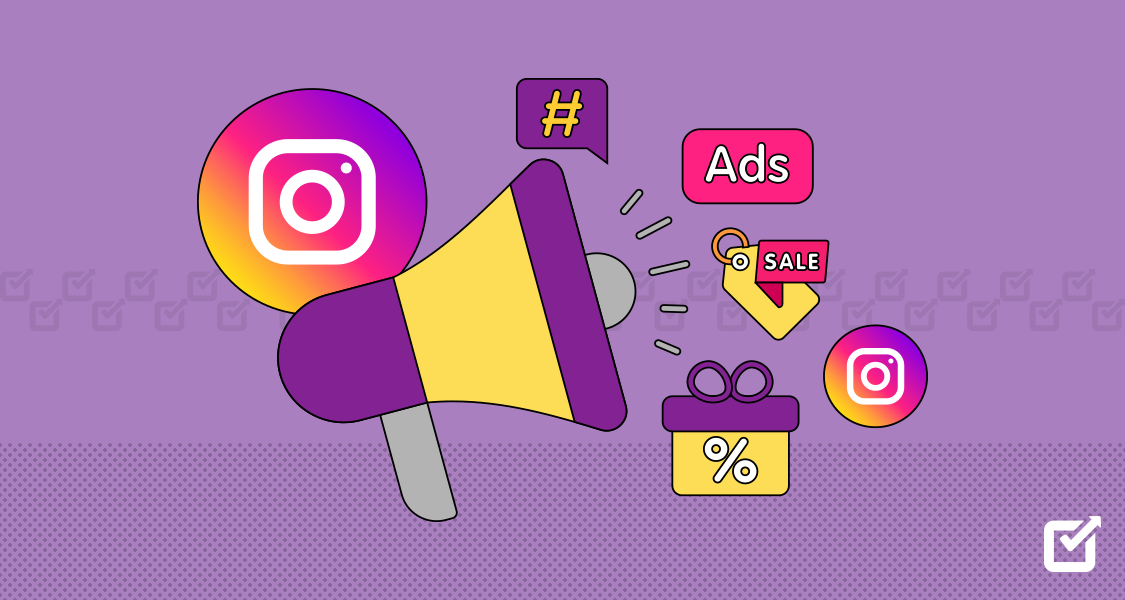
1 comment
Lindsey John
Fantastic list of must-have tools for small business marketing! This article is a goldmine for entrepreneurs looking to level up their marketing game. Thanks for sharing such valuable insights!